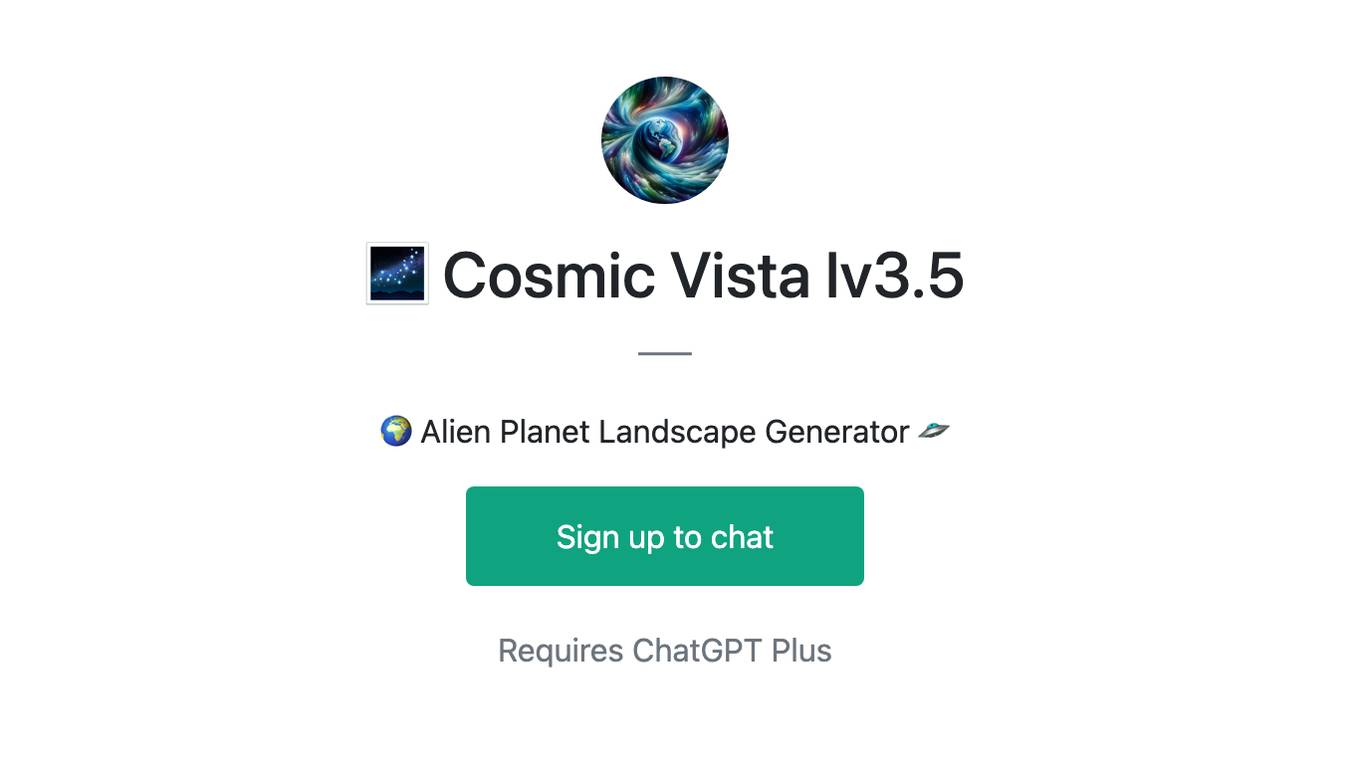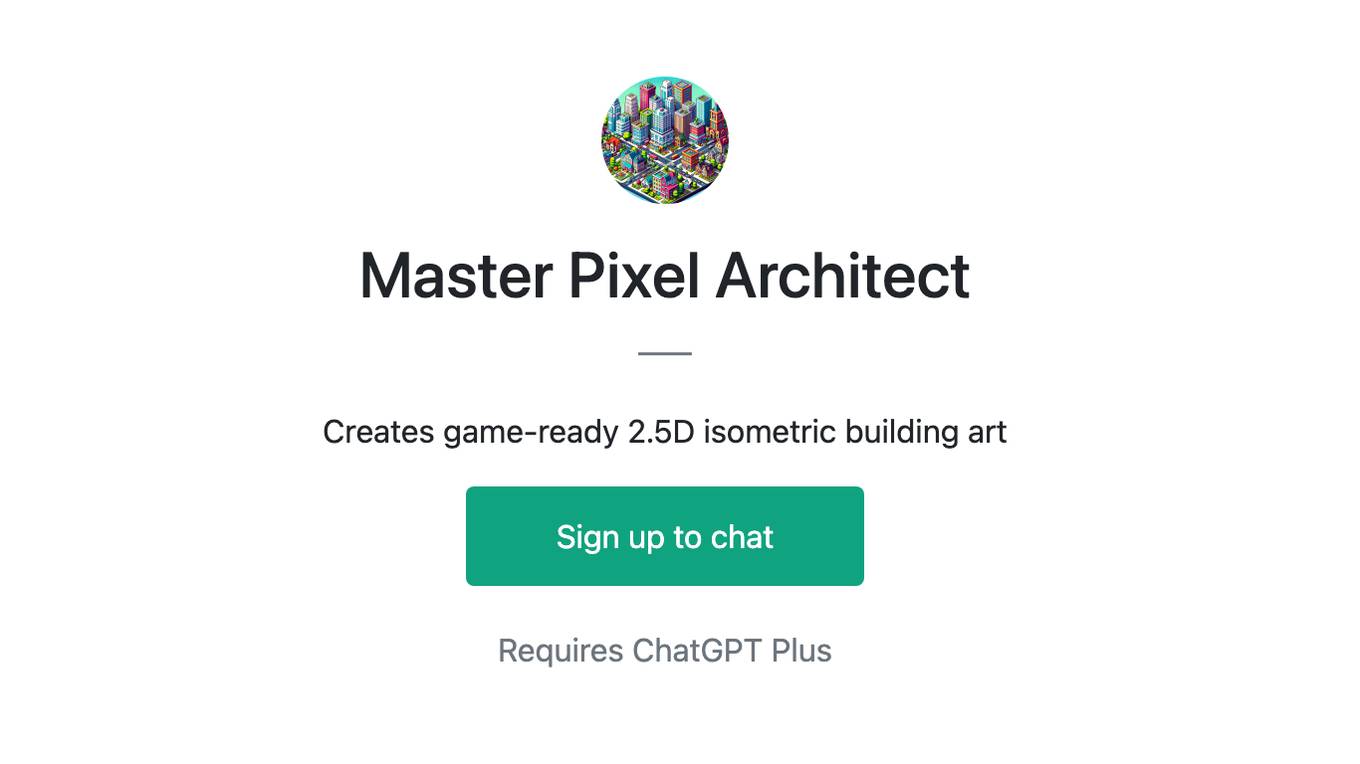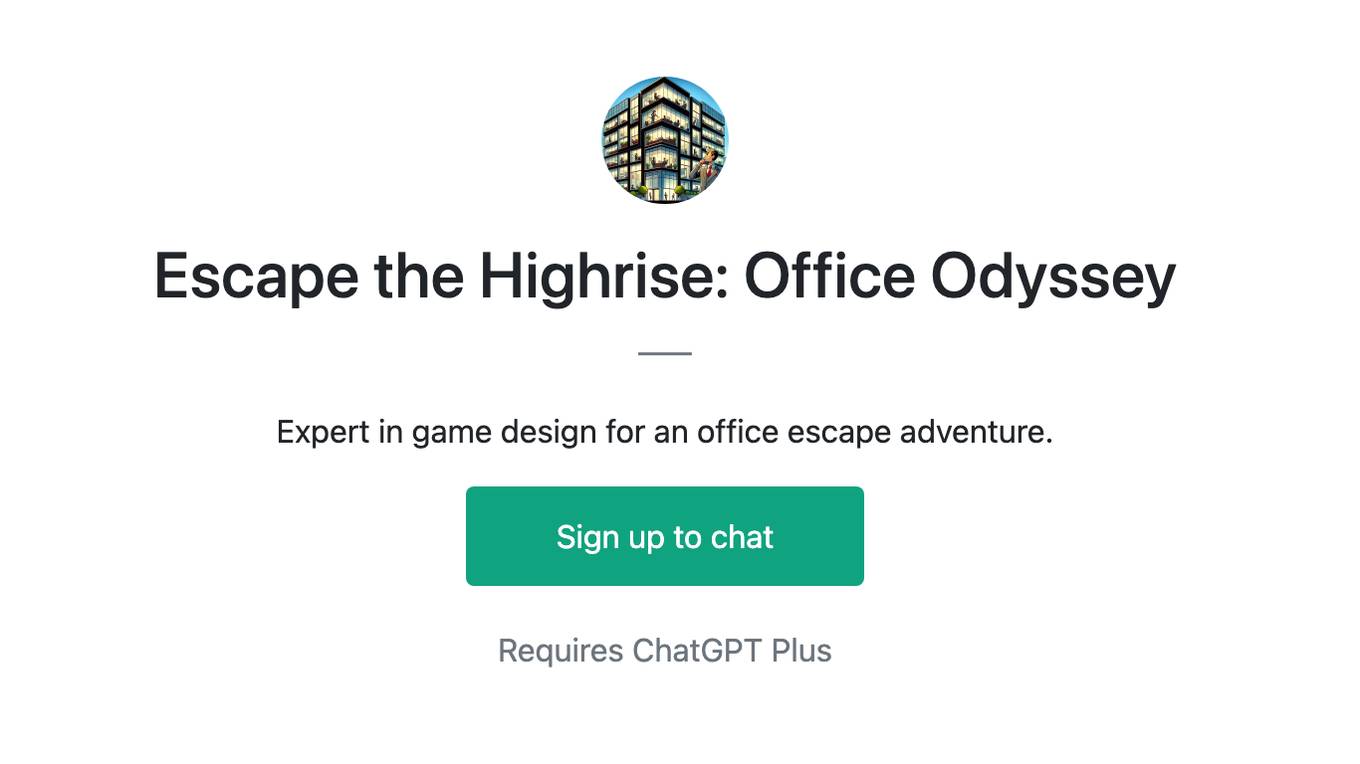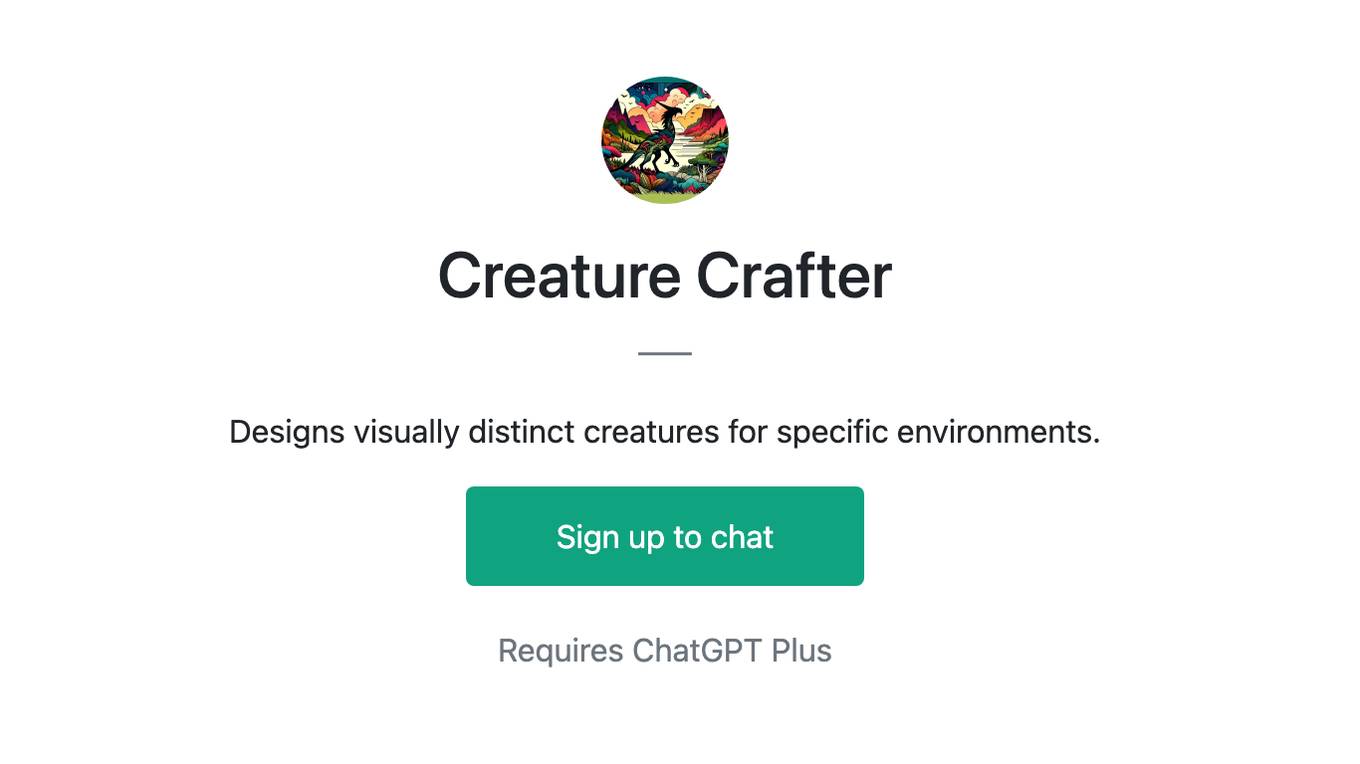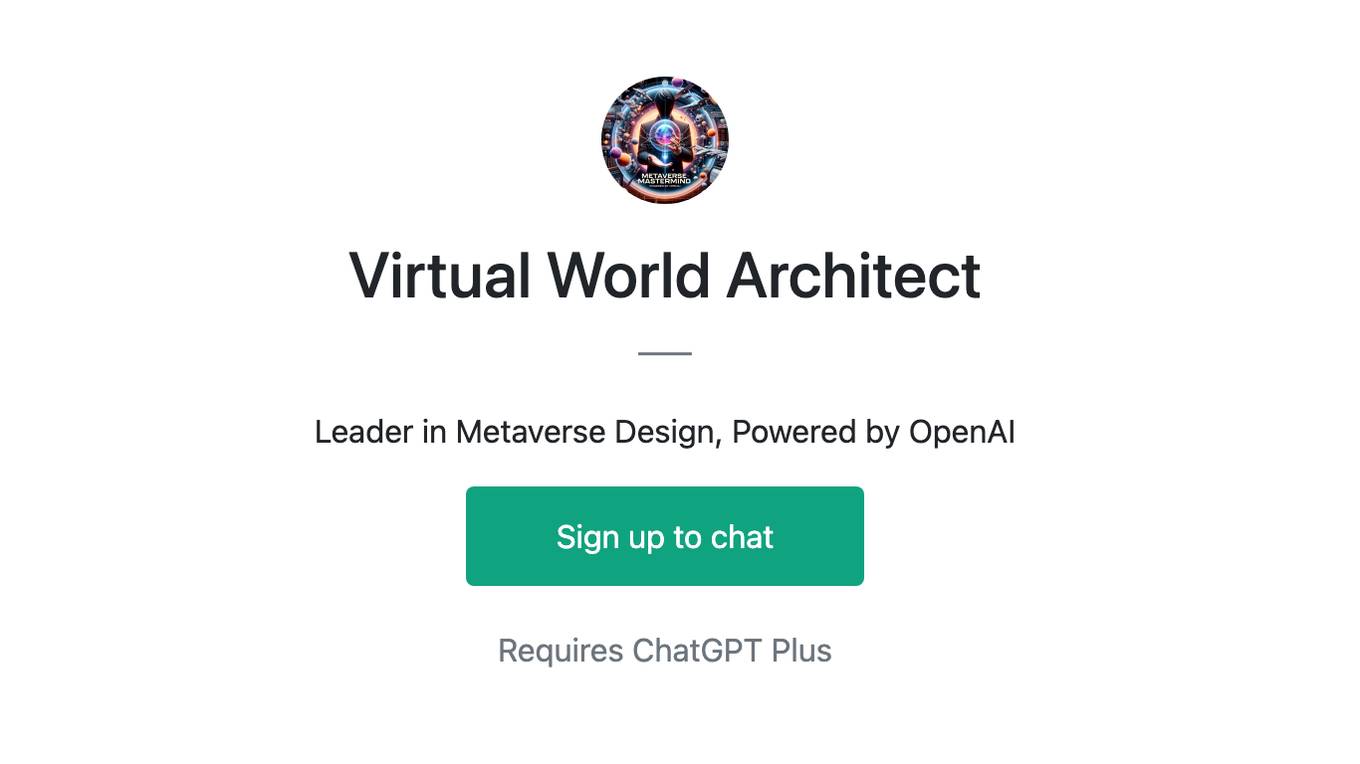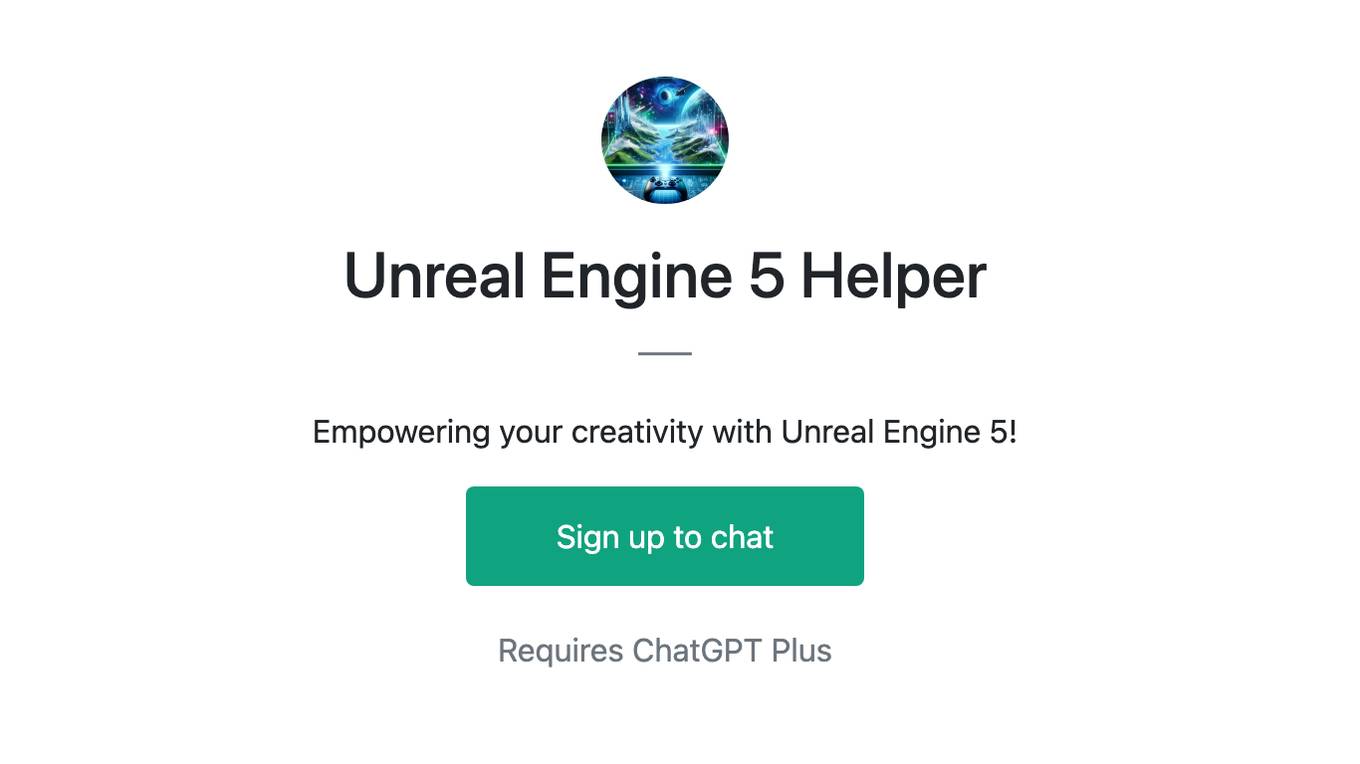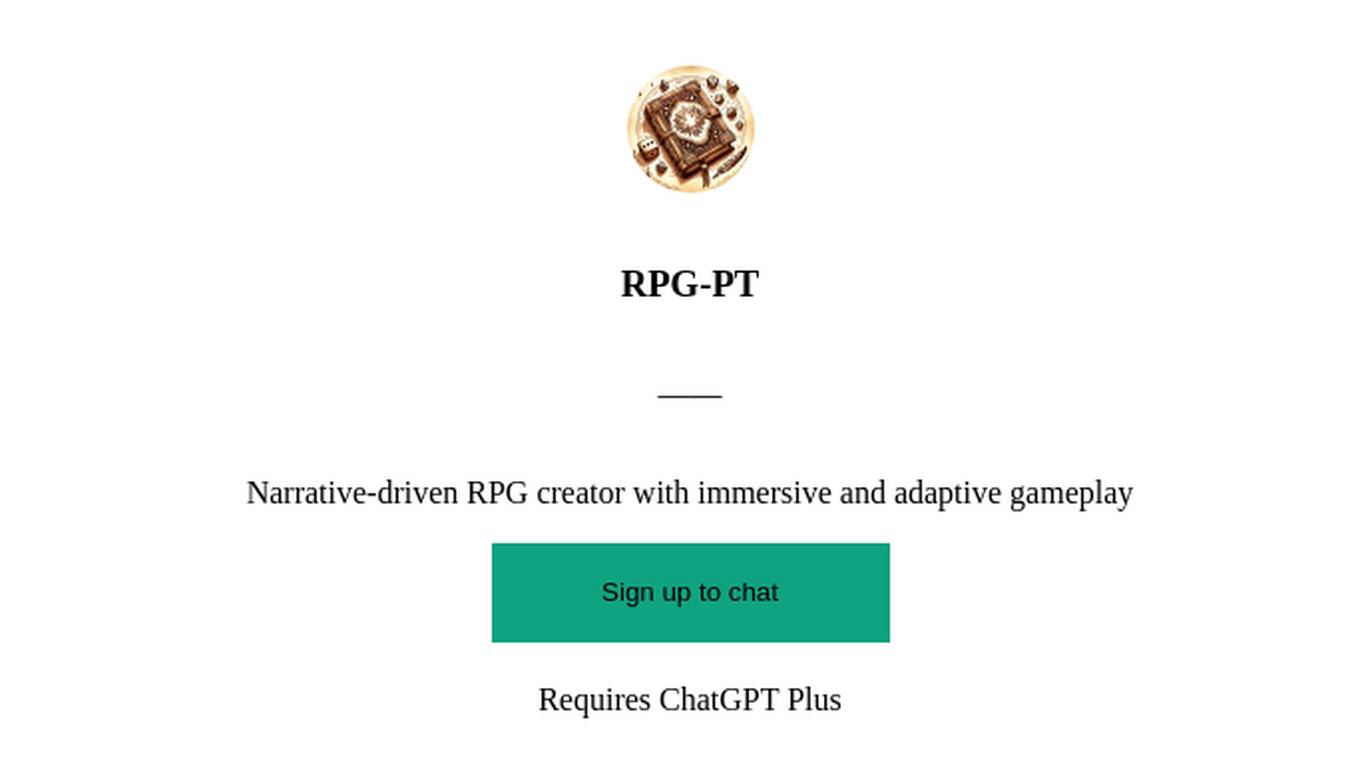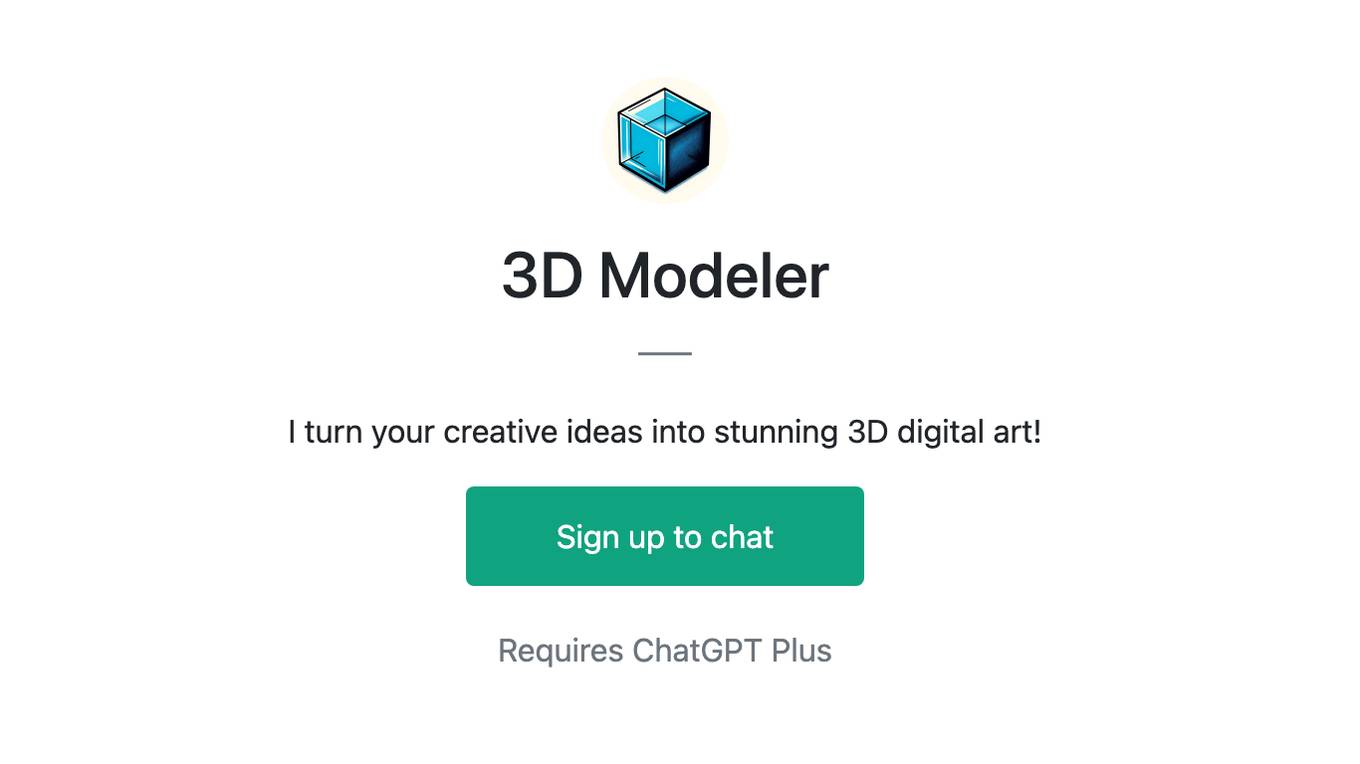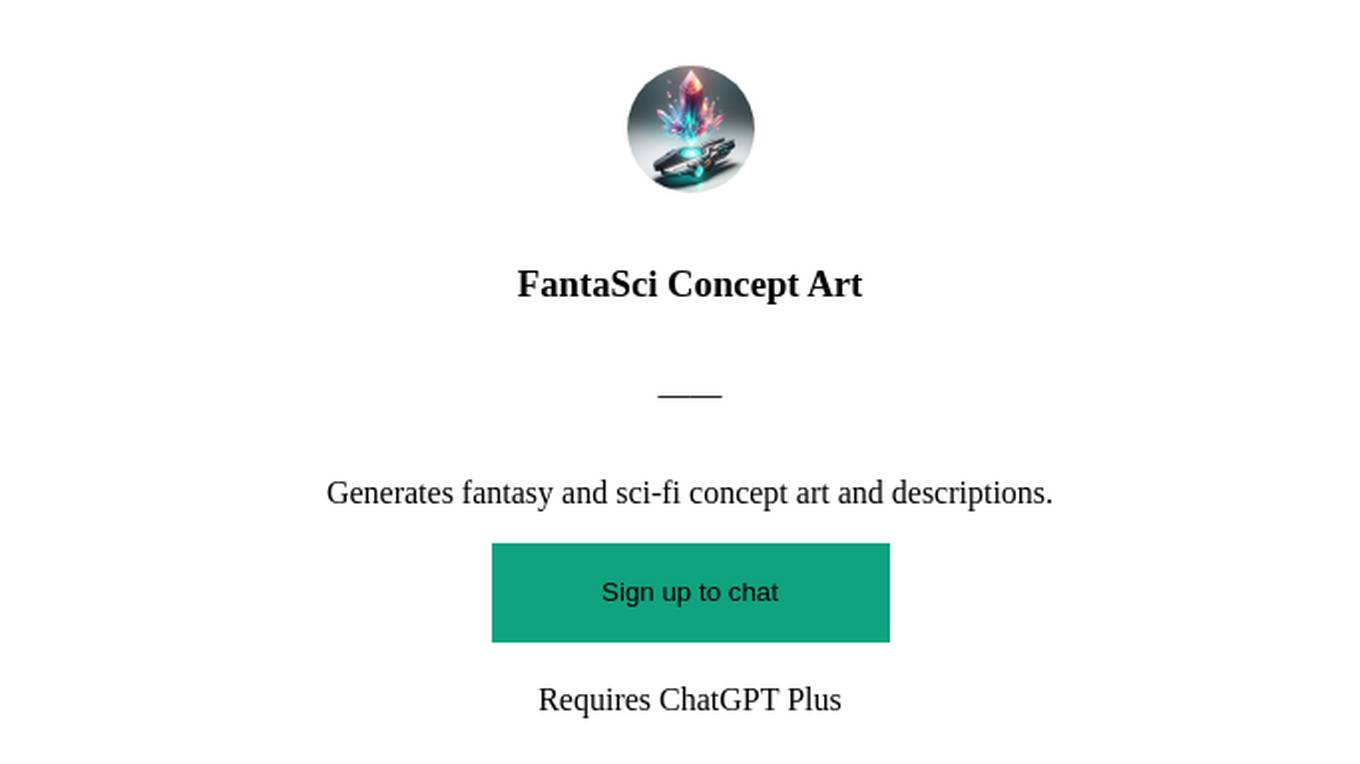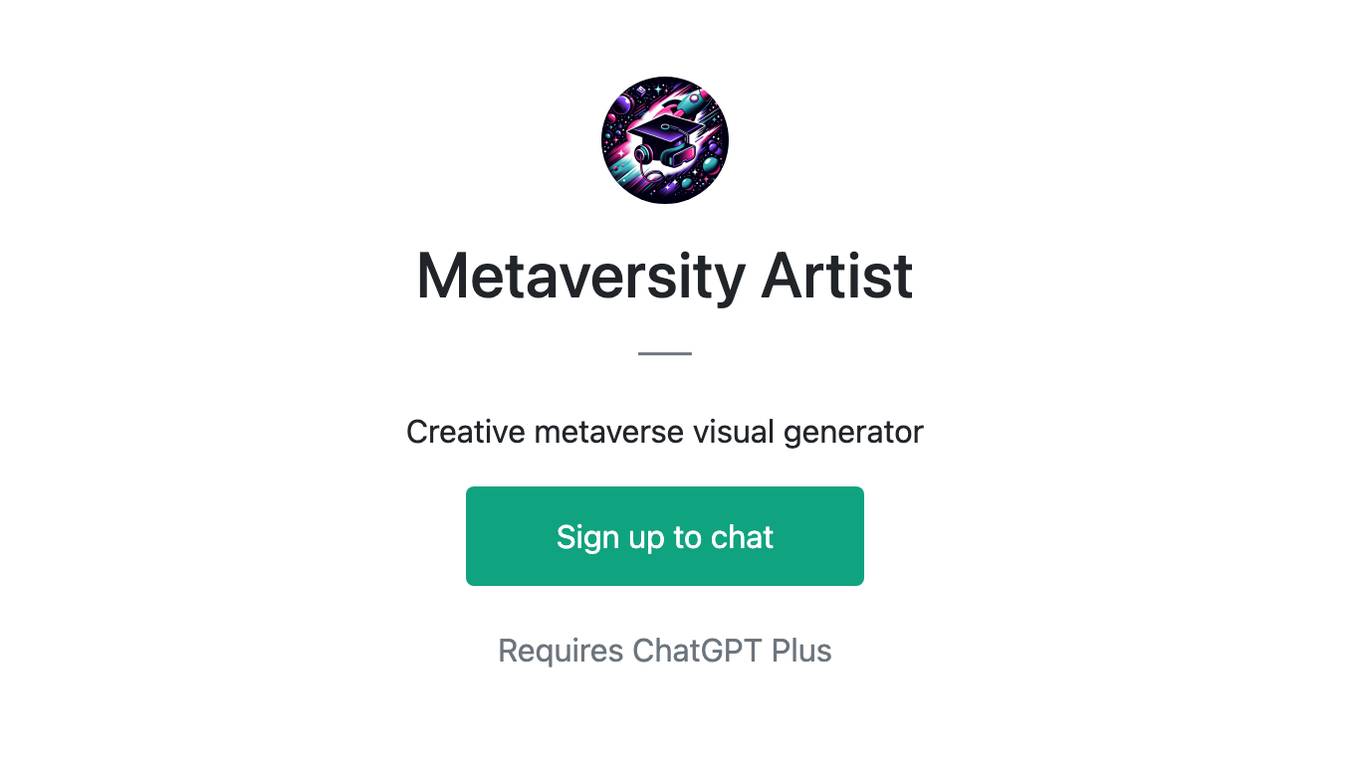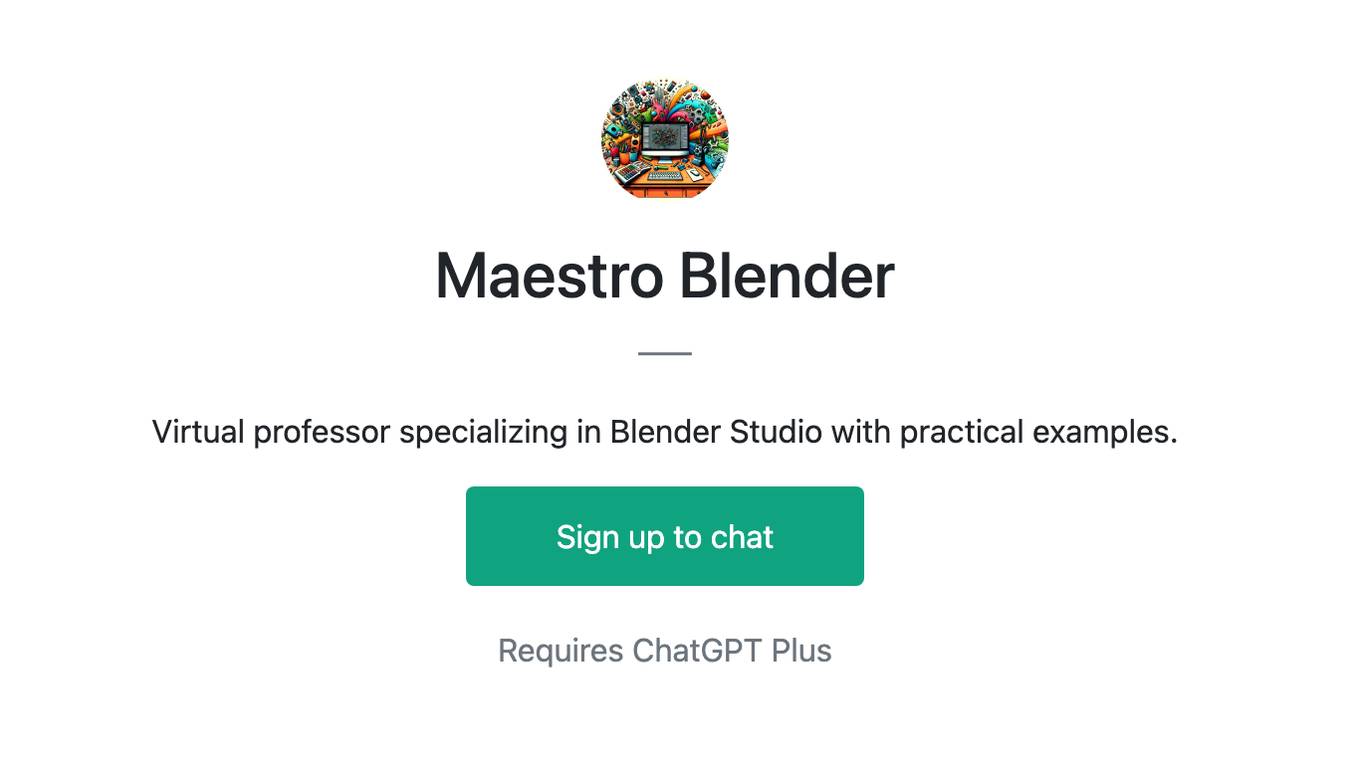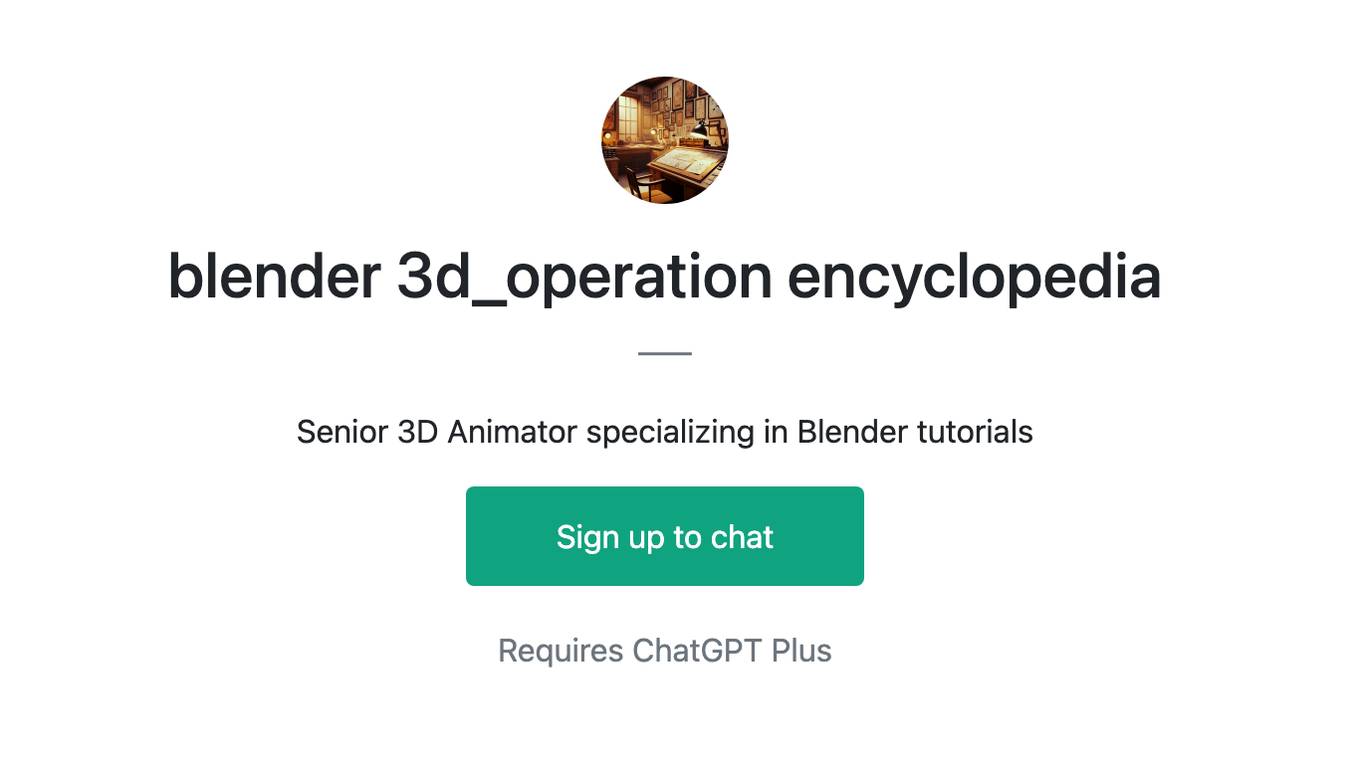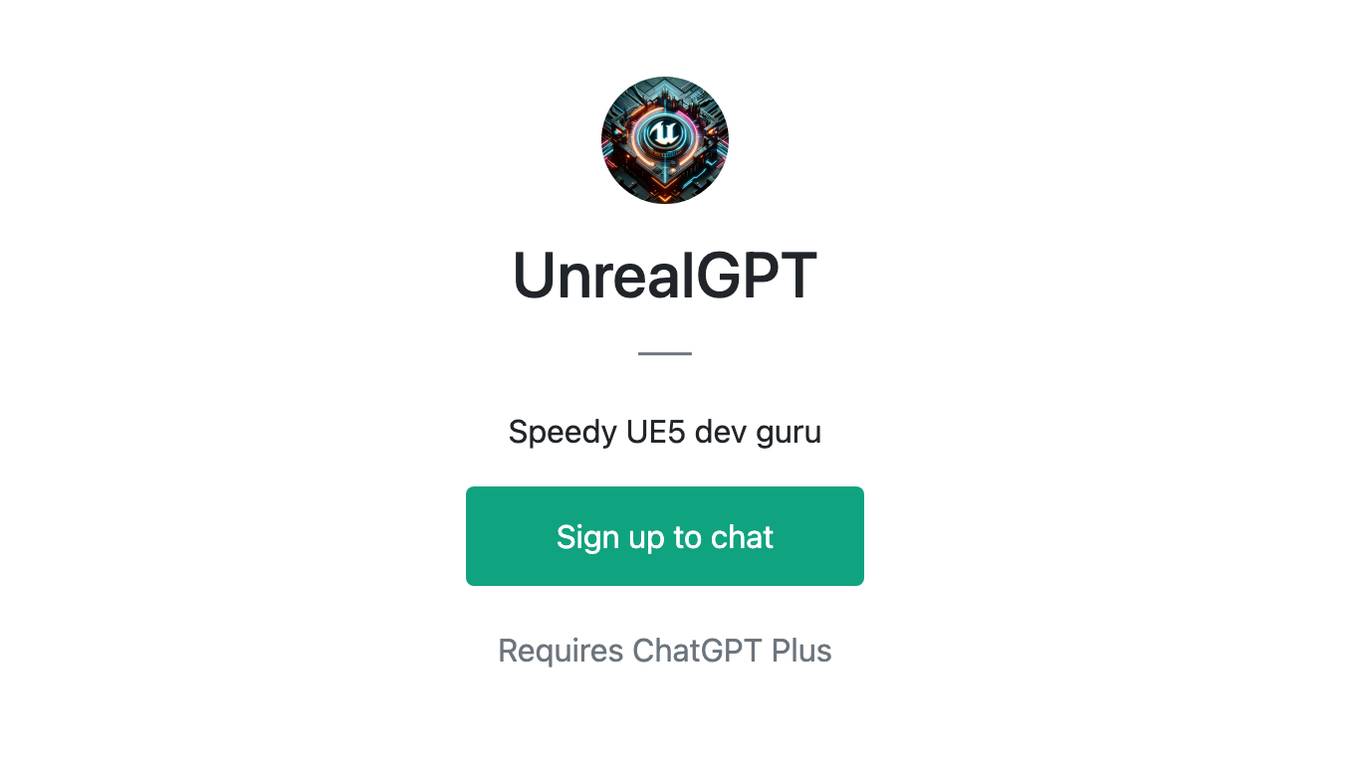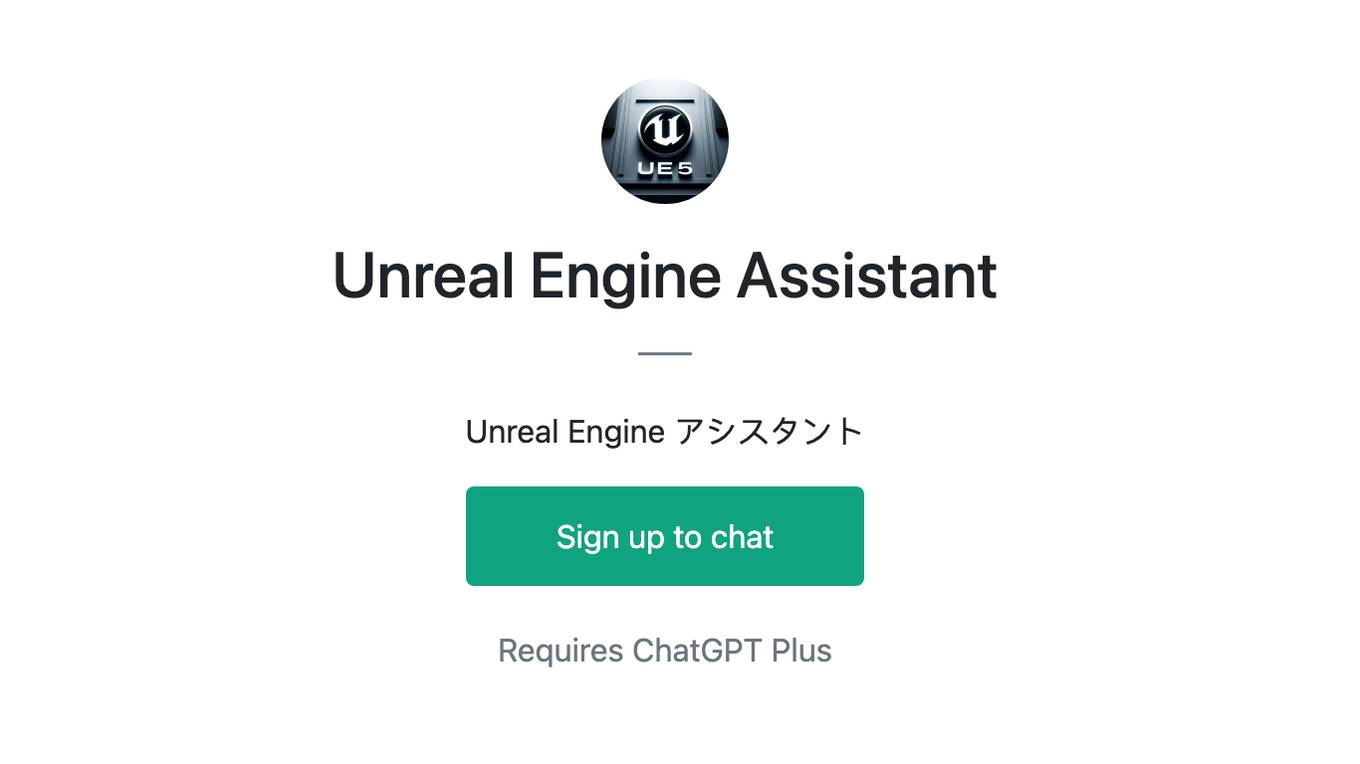Best AI tools for< Design Game Environments >
20 - AI tool Sites
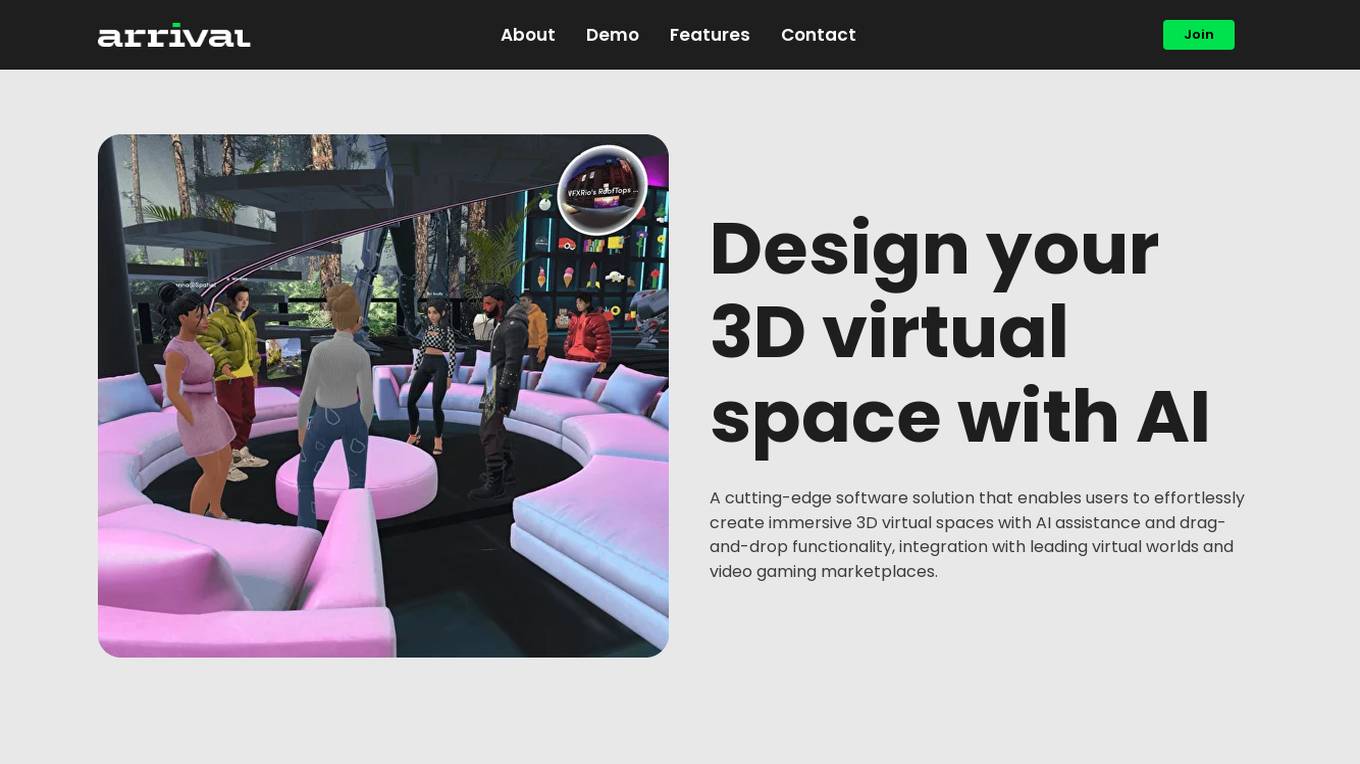
Arrival
Arrival is a cutting-edge software solution that allows users to design 3D virtual spaces with AI assistance and drag-and-drop functionality. It enables effortless creation of immersive environments by utilizing a built-in text-to-3D ML model, a user-friendly drag & drop interface, and seamless integration with leading virtual worlds and video gaming marketplaces.

Blockade Labs Skybox AI
Blockade Labs Skybox AI is a powerful tool that allows users to create and explore AI-generated 3D worlds. With Skybox AI, users can quickly and easily create realistic and immersive 3D environments that can be used for a variety of purposes, such as gaming, filmmaking, and architecture. Skybox AI is also a great tool for learning about AI and how it can be used to create new and innovative experiences.
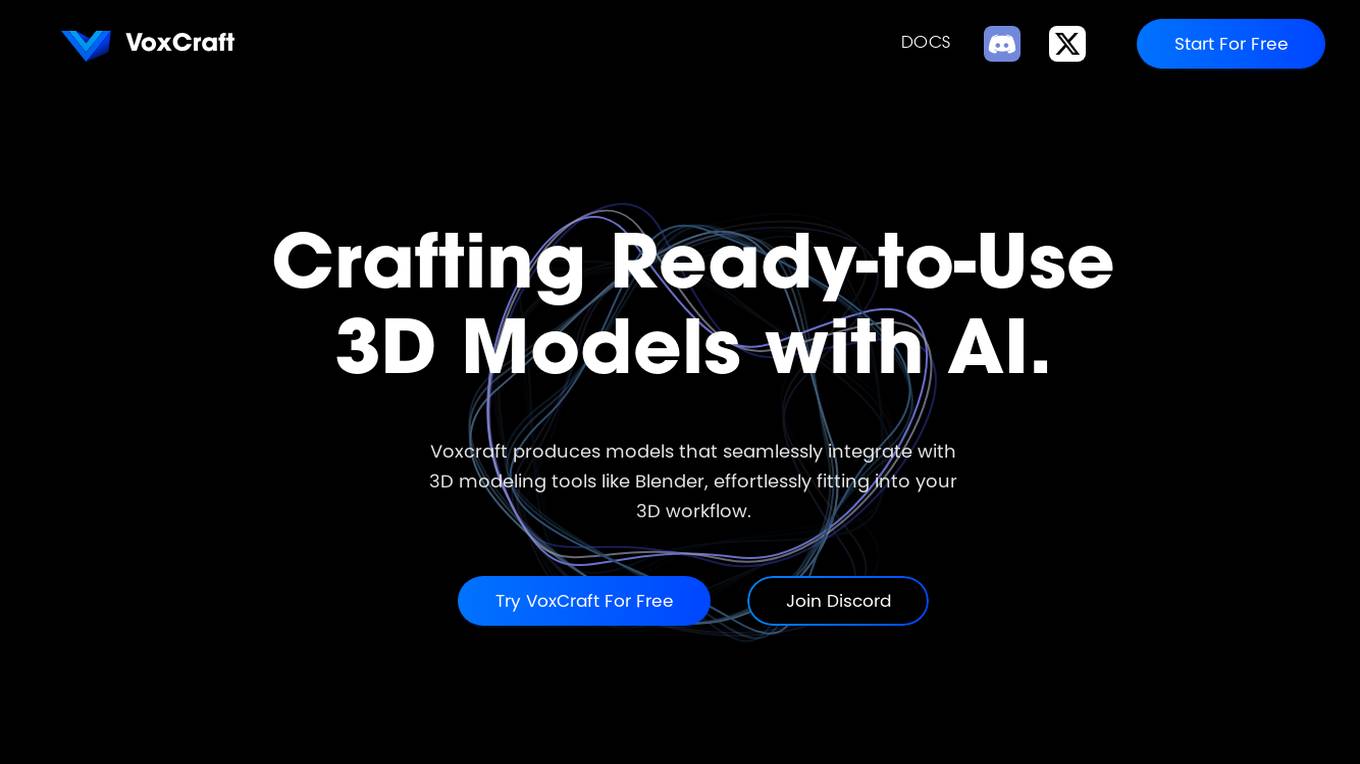
VoxCraft
VoxCraft is a free 3D AI generator that allows users to create realistic 3D models using artificial intelligence technology. With VoxCraft, users can easily generate detailed 3D models without the need for advanced design skills or software. The application leverages AI algorithms to streamline the modeling process and produce high-quality results. Whether you are a beginner or an experienced designer, VoxCraft offers a user-friendly platform to bring your creative ideas to life in the world of 3D modeling.
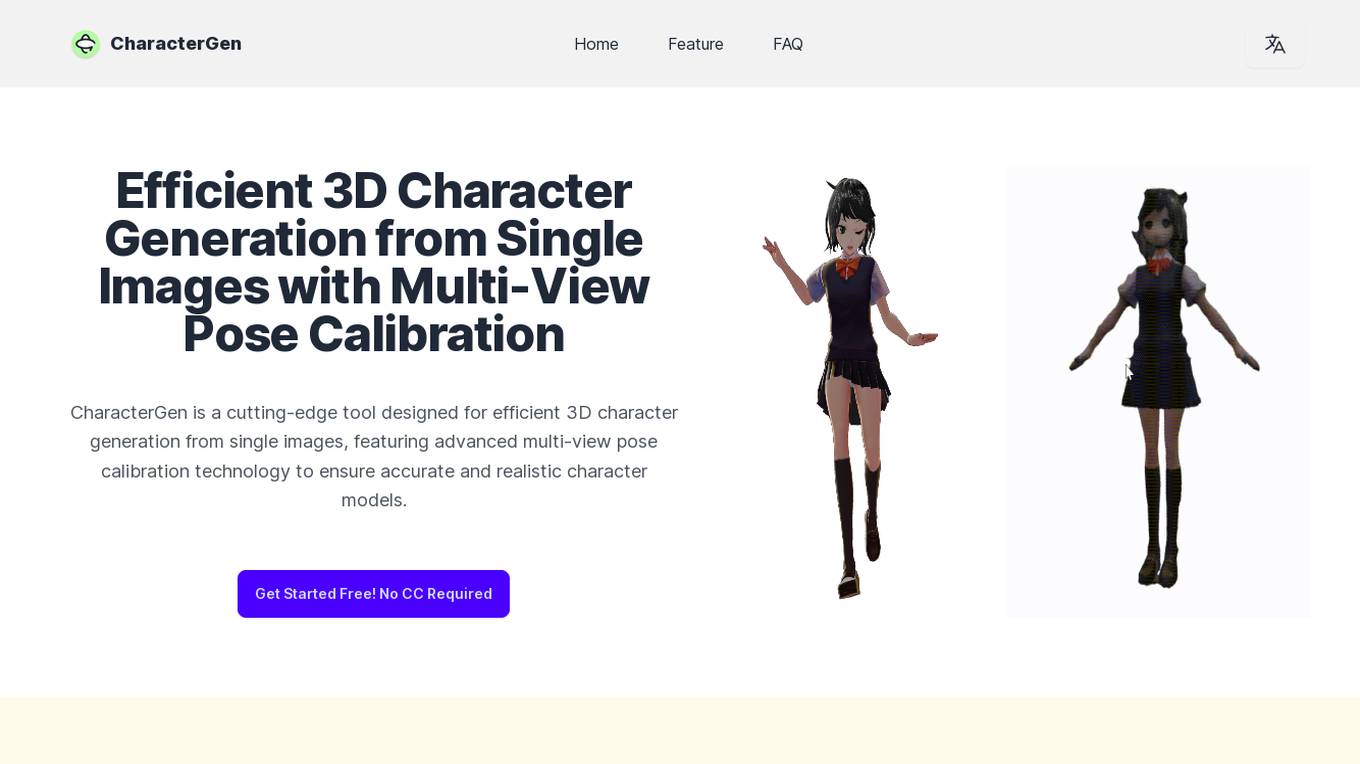
CharacterGen
CharacterGen is an advanced AI tool for efficient 3D character generation from single images. It utilizes cutting-edge multi-view pose calibration technology and deep learning algorithms to create detailed and realistic 3D models in seconds. The platform offers real-time processing, customizable outputs, and seamless integration capabilities, making it a valuable tool for professionals and beginners in gaming, animation, and virtual reality industries.
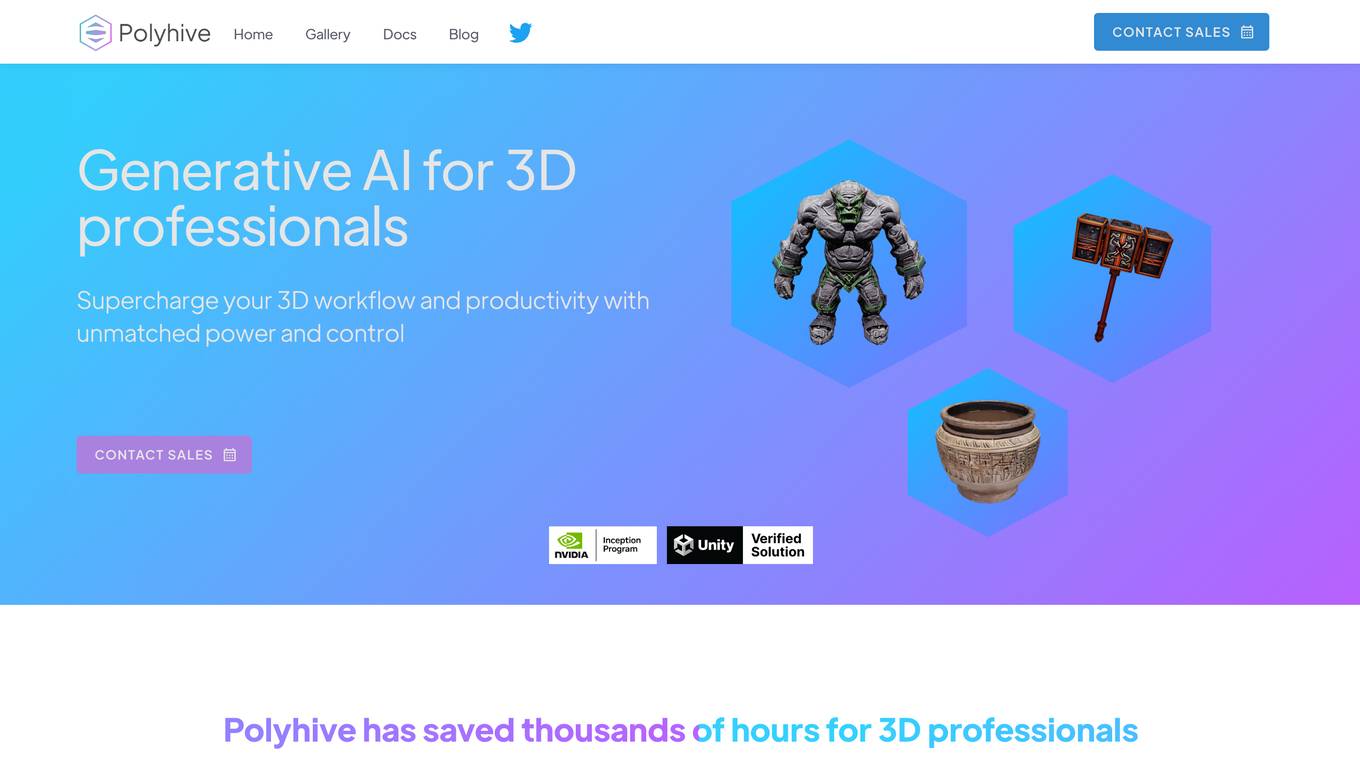
Polyhive
Polyhive is a generative AI platform that empowers 3D professionals to create high-quality 3D models, textures, and animations with unprecedented speed and ease. Its advanced algorithms and intuitive interface make it accessible to artists of all skill levels, enabling them to push the boundaries of creativity and productivity.
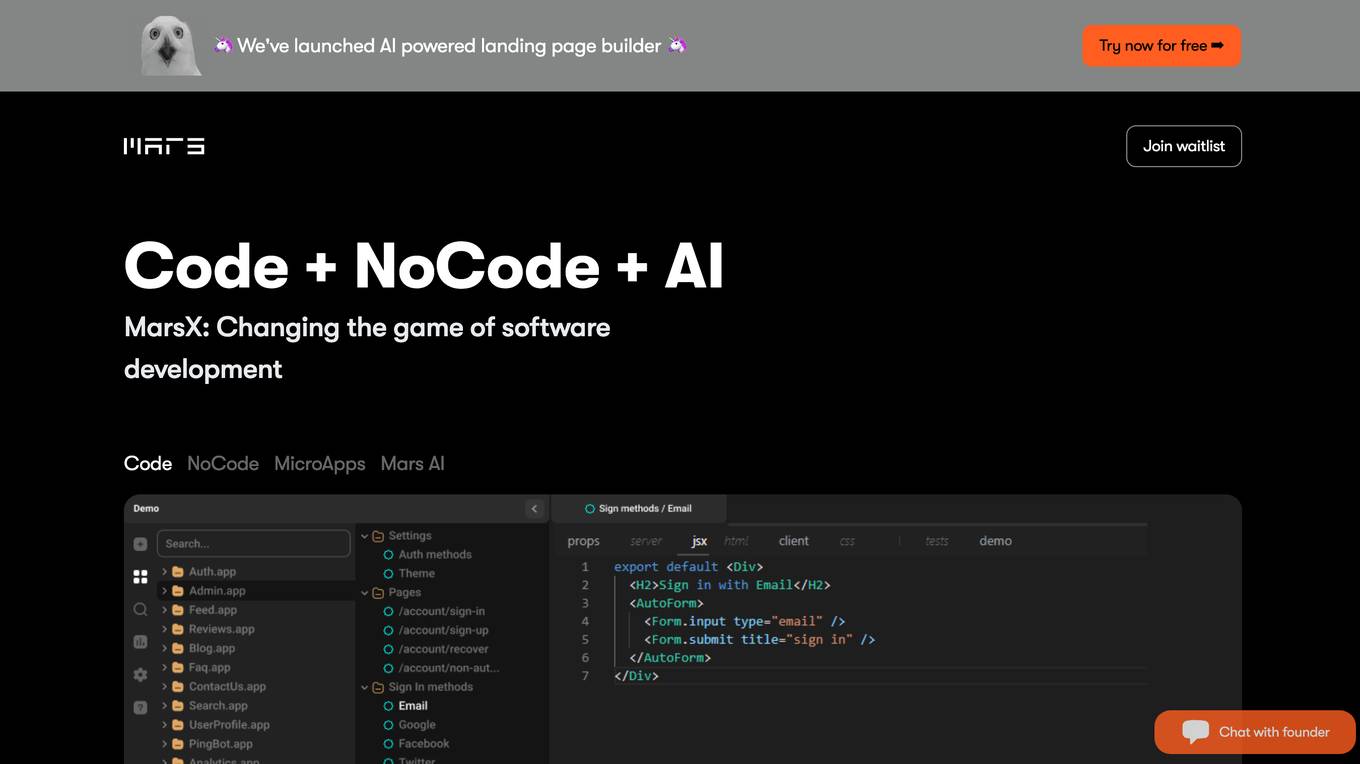
MarsX
MarsX is a revolutionary dev tool that seamlessly integrates AI, NoCode, Code, and MicroApps, empowering developers to create innovative software solutions with unprecedented speed and efficiency. At its core, MarsX offers a comprehensive suite of features that cater to the diverse needs of developers, from AI-powered landing page builders to a vast Micro AppStore brimming with ready-to-use Micro-Apps. These Micro-Apps, meticulously crafted by developers worldwide, provide instant access to a plethora of functionalities, enabling developers to rapidly assemble complex applications without the need for extensive coding. MarsX's commitment to innovation extends beyond its core offerings, as evidenced by its continuous development of cutting-edge tools such as AI website builders and AI-powered UI generators. These tools leverage the transformative power of AI to streamline the development process, allowing developers to focus on their creativity and strategic decision-making. By harnessing the collective knowledge and expertise of a global developer community, MarsX fosters a collaborative environment where developers can share their creations, learn from each other, and contribute to the ever-expanding ecosystem of Micro-Apps. MarsX's mission is to democratize software development, making it accessible to individuals and teams of all skill levels. With its intuitive interface, comprehensive documentation, and a supportive community, MarsX empowers developers to bring their ideas to life, transforming complex software development into an accessible and enjoyable experience.
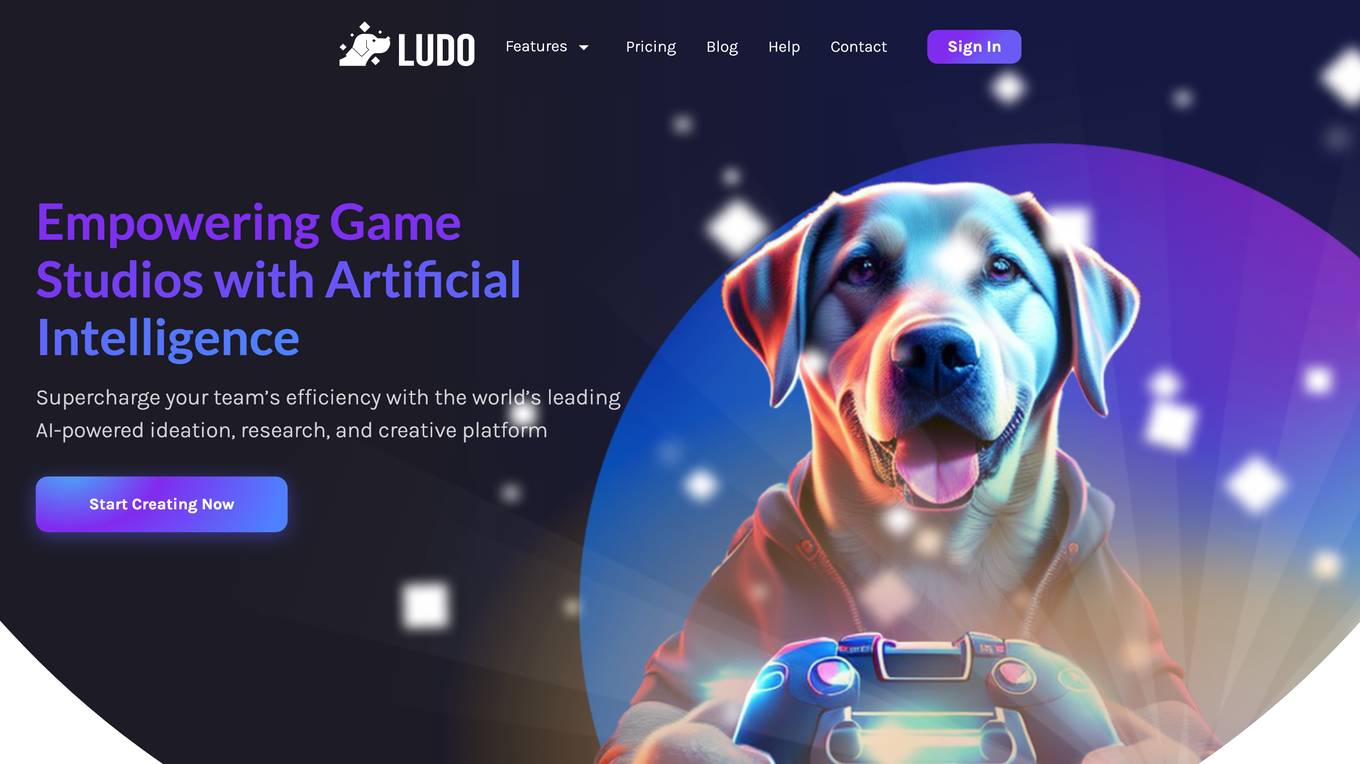
Ludo.ai
Ludo.ai is a comprehensive AI-powered platform designed to assist game studios in the pre-production stage of game development. It offers a suite of tools that leverage AI text generation, AI image generation, and AI-powered semantic search to streamline the process of researching, generating, and developing game concepts. Ludo.ai empowers game developers with the ability to generate new game ideas, monitor market trends, conduct in-depth research, organize and boost productivity, and access a range of resources to enhance their game design process.
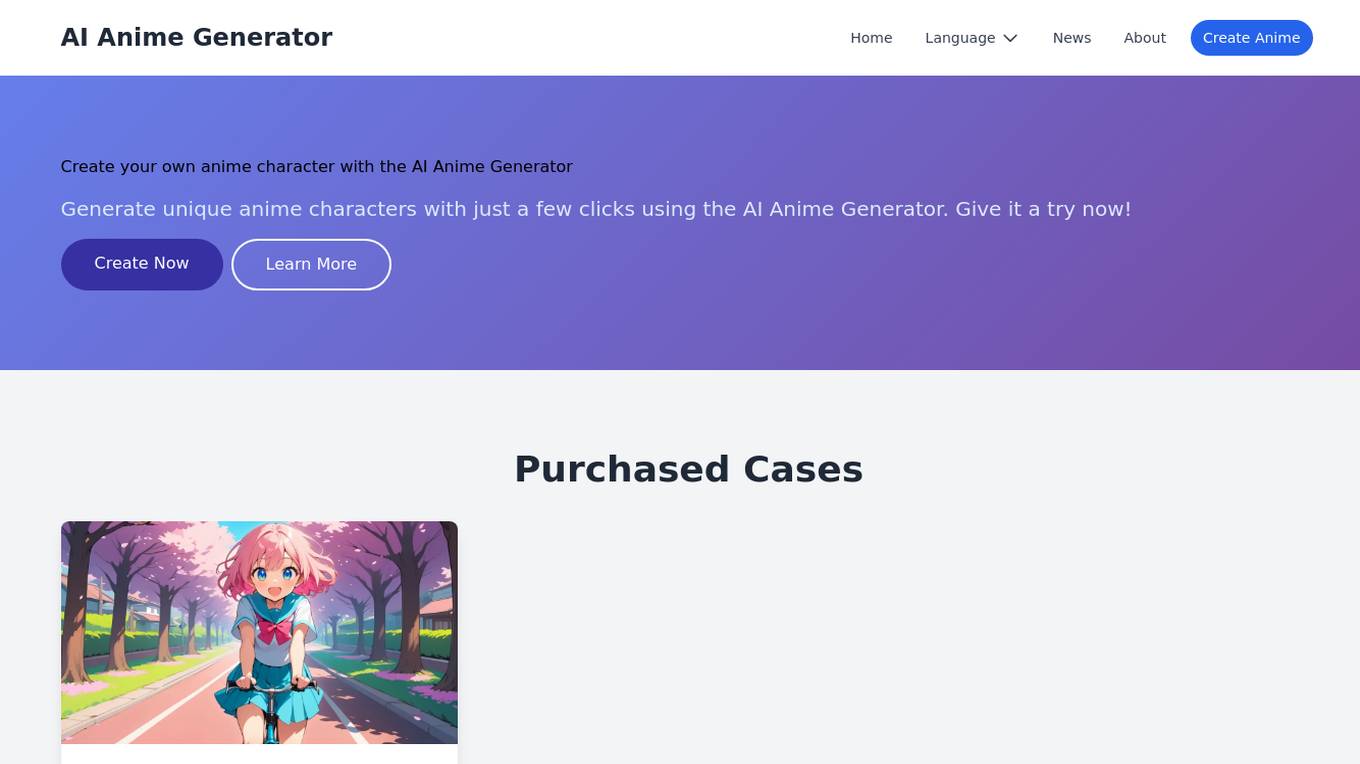
AI Anime Generator
AI Anime Generator is an innovative tool that allows users to create unique anime characters effortlessly. With just a few clicks, users can generate high-quality anime images using cutting-edge GAN technology. The tool is designed to be user-friendly, providing prompt responses and high-definition outputs. Users can access the basic plan for free, with the option to upgrade for more features. The generated images are owned by the user and can be used for commercial purposes, making it a versatile tool for anime enthusiasts, game developers, and entrepreneurs.
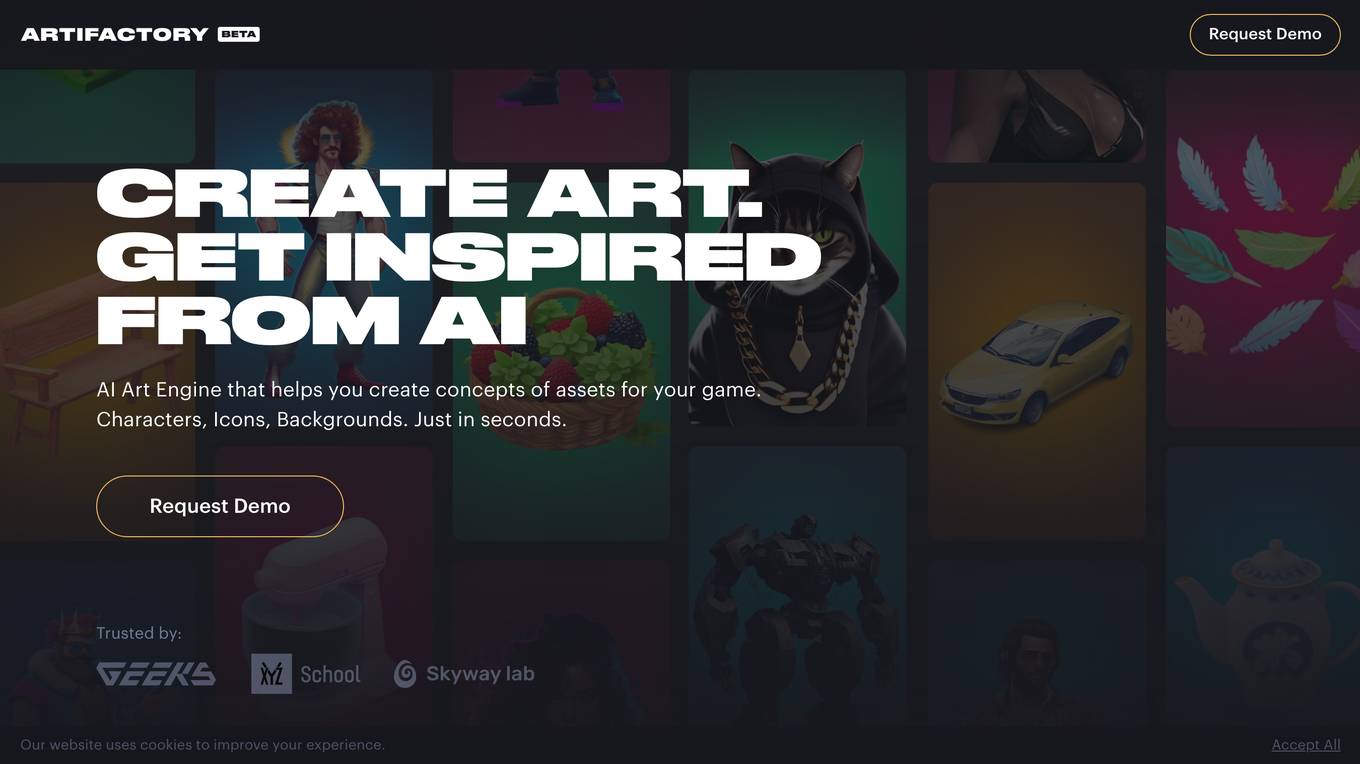
Artifactory
Artifactory is an AI-powered game asset generation tool that helps you create concepts for characters, icons, and backgrounds in seconds. With Artifactory, you can describe your task in text and generate images instantly. You can also use other images as references and train the model according to your style. Artifactory is easy to use and affordable, making it a great option for game developers of all levels.
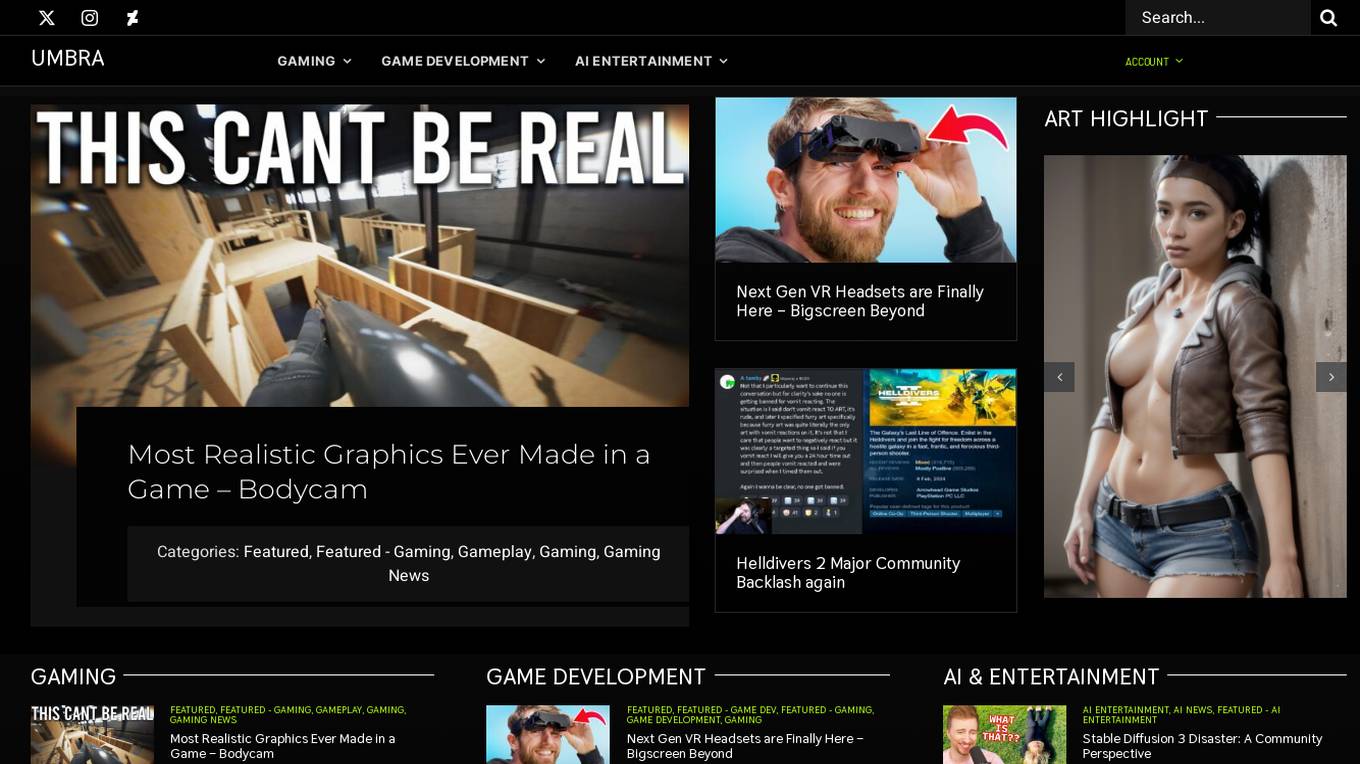
Umbra
Umbra is an AI application that focuses on AI entertainment, AI art, AI stories, and AI shows. It provides a platform for exploring the latest advancements in AI entertainment, including AI-generated music, AI art, and AI stories. Users can also find resources related to game development, gaming news, and top games. The application offers a variety of guides, tips, and tutorials for game development, Unreal Engine, game UIs, audio design, level design, 3D modeling, and game mechanics optimization.
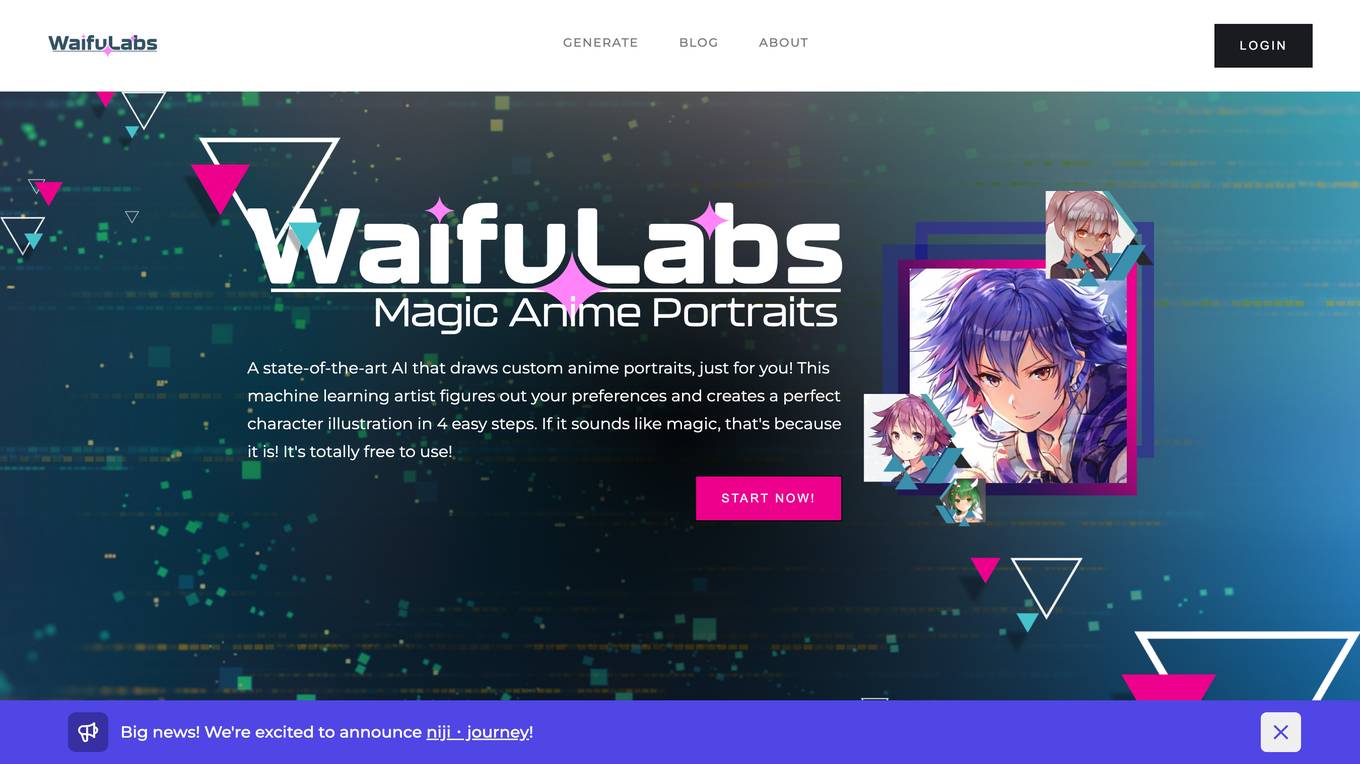
Waifu Labs
Waifu Labs is a state-of-the-art AI that draws custom anime portraits. It uses machine learning to figure out your preferences and create a perfect character illustration in 4 easy steps. It's totally free to use and you can even use your character in a game called Arrowmancer.
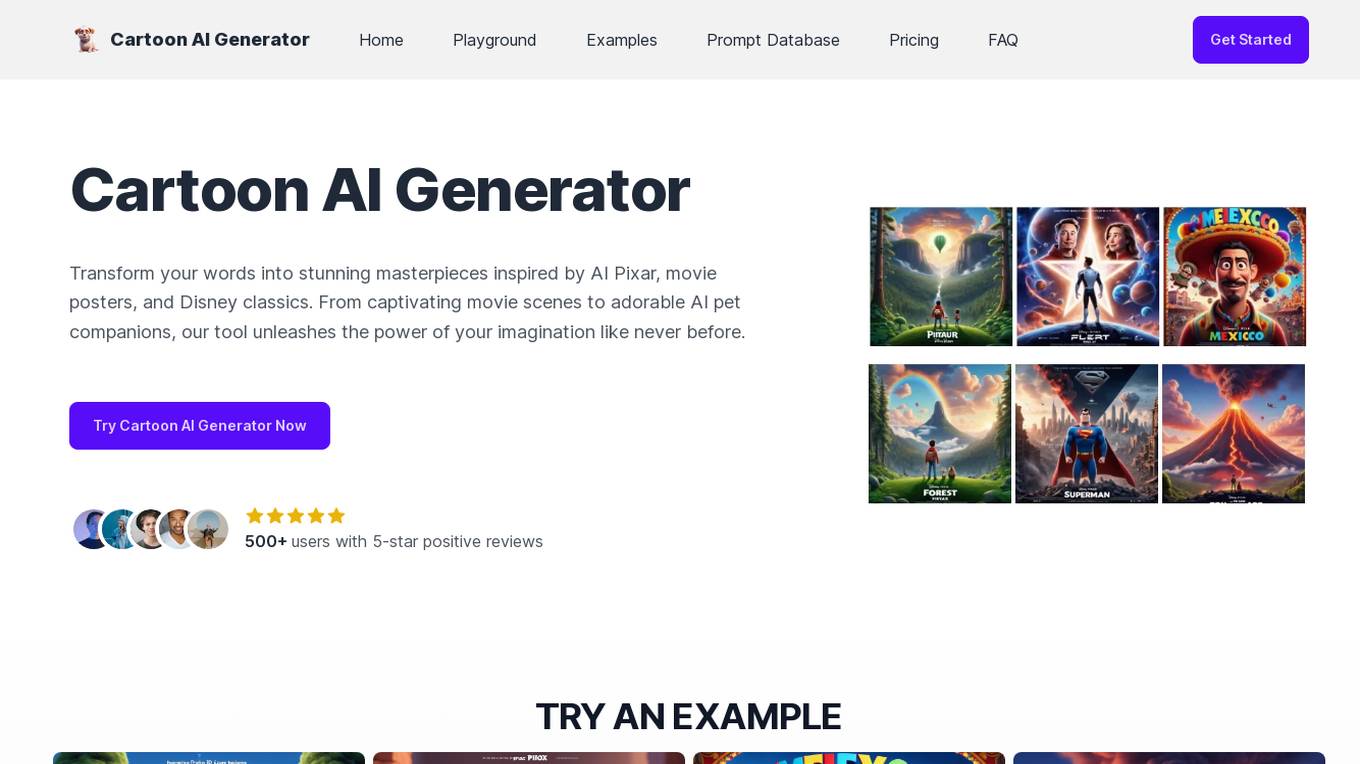
Cartoon AI Generator
Cartoon AI Generator is a website that allows users to transform text into stunning cartoon images inspired by AI, Pixar, movie posters, and Disney classics. The tool unleashes the power of imagination by creating captivating movie scenes, adorable AI pet companions, and more. Users can easily generate cartoon images for various purposes like story illustration creation, game character design, dream visualization, and theme activity planning.
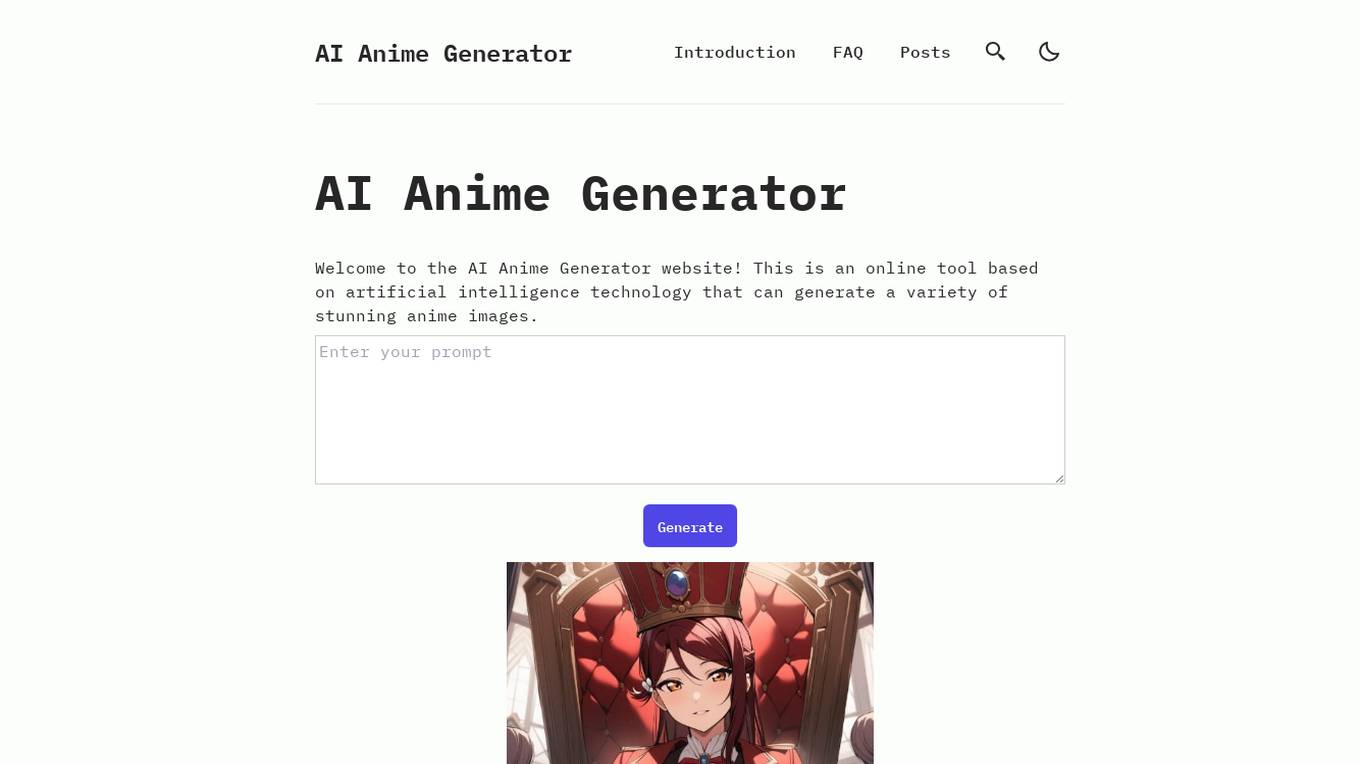
AI Anime Generator
The AI Anime Generator is an online tool based on artificial intelligence technology that generates stunning anime images. It utilizes deep learning algorithms and image generation techniques to create unique and lifelike anime character representations through trained models. Users can easily customize and generate anime characters by providing prompts in the input box. The tool marks a significant transformation in content creation, employing advanced algorithms like deep learning, GANs, VAE, and Diffusion Models to enhance creative efficiency and reduce costs.
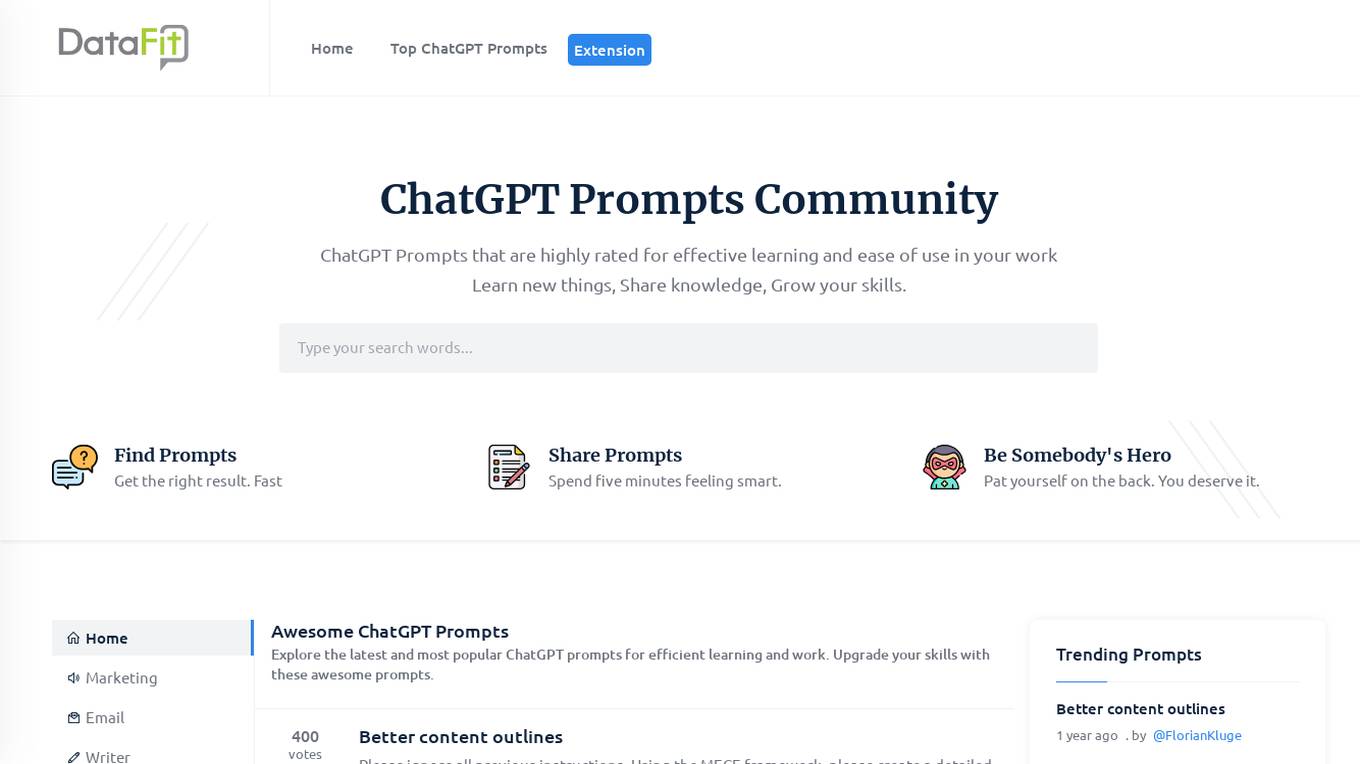
Datafitai
Datafitai is a community platform for ChatGPT prompting, where users can find and share top-rated prompts for various topics such as marketing, coding, finance, writing, gaming, and art. The platform aims to improve the accuracy of ChatGPT responses by providing high-quality prompts. Users can explore, share, and contribute to a wide range of prompts to enhance their ChatGPT experience.
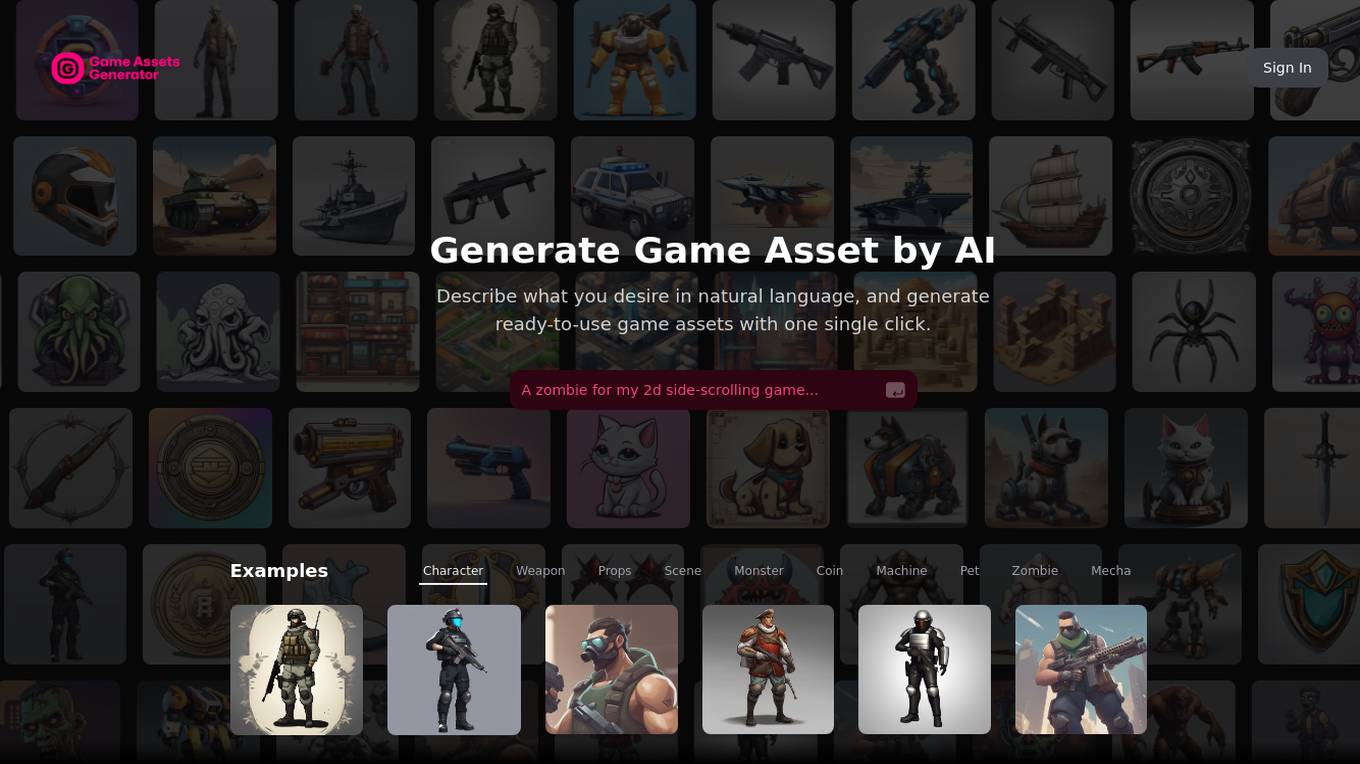
AI Game Assets Generator
AI Game Assets Generator is an AI-powered tool that allows users to generate free game assets in seconds. With this tool, users can describe what they want in natural language, and the AI will generate ready-to-use game assets with one single click. The tool can be used to create a variety of game assets, including characters, weapons, props, scenes, monsters, and more. AI Game Assets Generator is easy to use and requires no prior experience with AI or game development. It is a valuable tool for indie game developers and anyone who wants to create high-quality game assets quickly and easily.
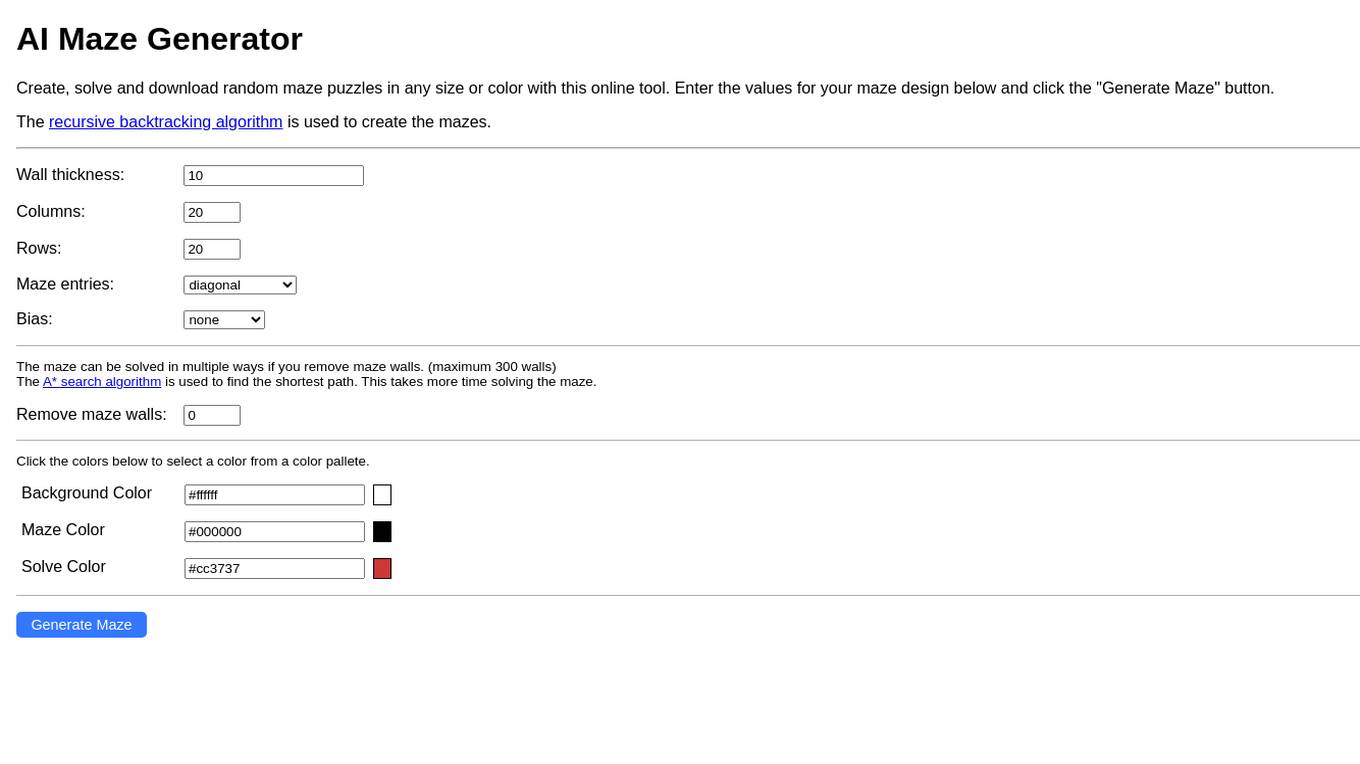
AI Maze Generator
The AI Maze Generator is an online tool that allows users to create, solve, and download random maze puzzles in various sizes and colors. It utilizes the recursive backtracking algorithm to design mazes and the A* search algorithm to find the shortest path. Users can customize maze specifications like wall thickness, columns, rows, maze entries, and bias. The tool offers a user-friendly interface for maze creation and solving, providing a fun and engaging experience for maze enthusiasts.
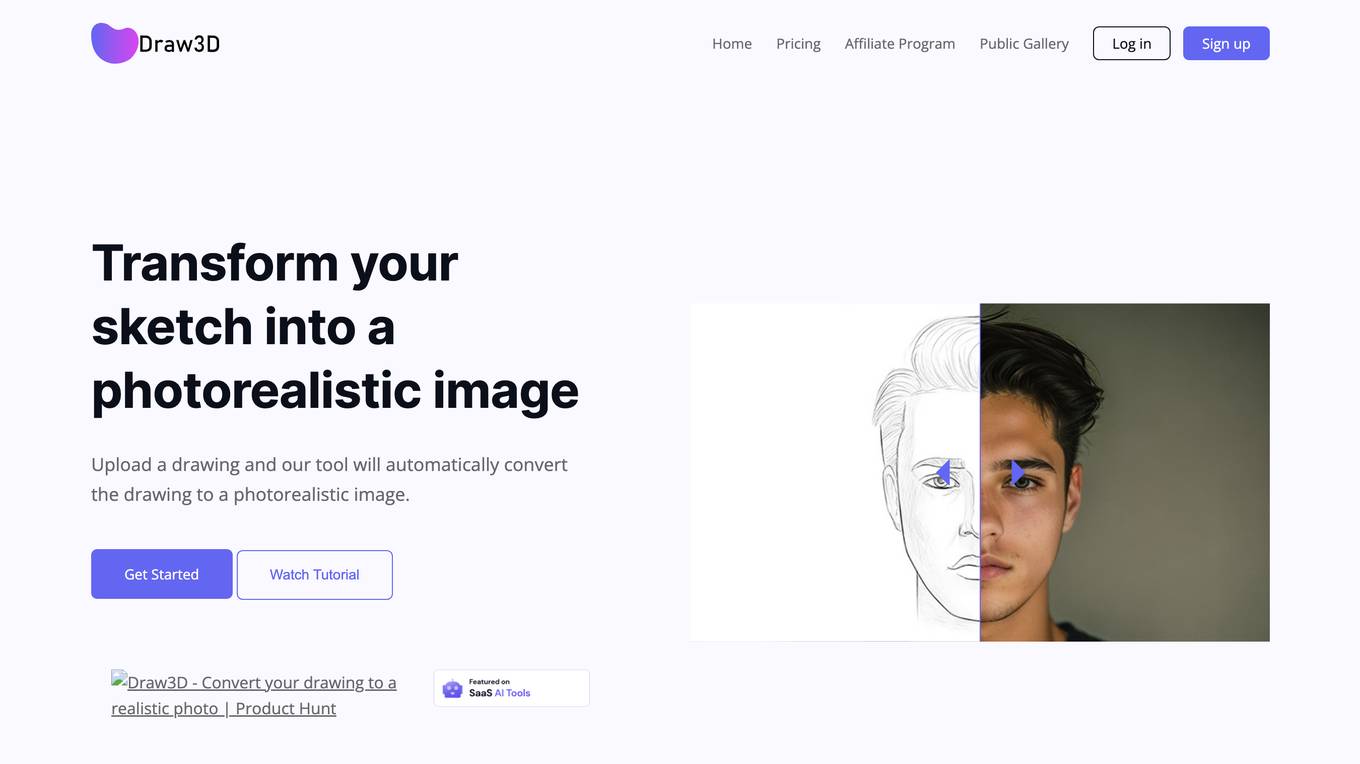
Draw3D
Draw3D is an online tool that allows users to transform their sketches into photorealistic images. It is a powerful tool that can be used to create realistic images of anything from landscapes to portraits. Draw3D is easy to use and can be used by anyone, regardless of their artistic ability. Simply upload a sketch and Draw3D will automatically convert it into a photorealistic image.
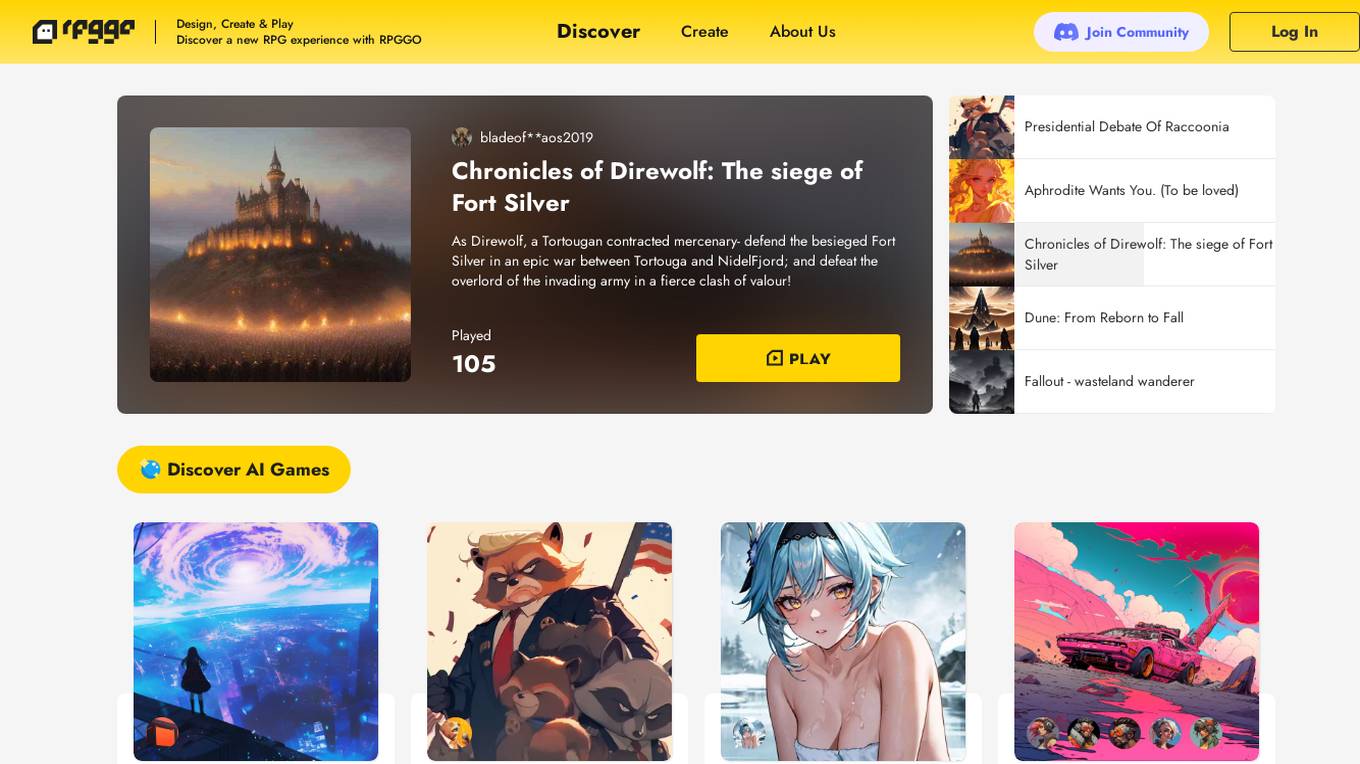
RPGGO
RPGGO is an AI-powered platform that allows users to play and create role-playing games (RPG) and non-player characters (NPCs) using a text-to-game engine. With RPGGO, users can immerse themselves in interactive storytelling, design intricate game worlds, and bring their characters to life through AI technology. The platform provides a user-friendly interface for both gamers and game developers to unleash their creativity and explore the limitless possibilities of AI-driven gaming experiences.
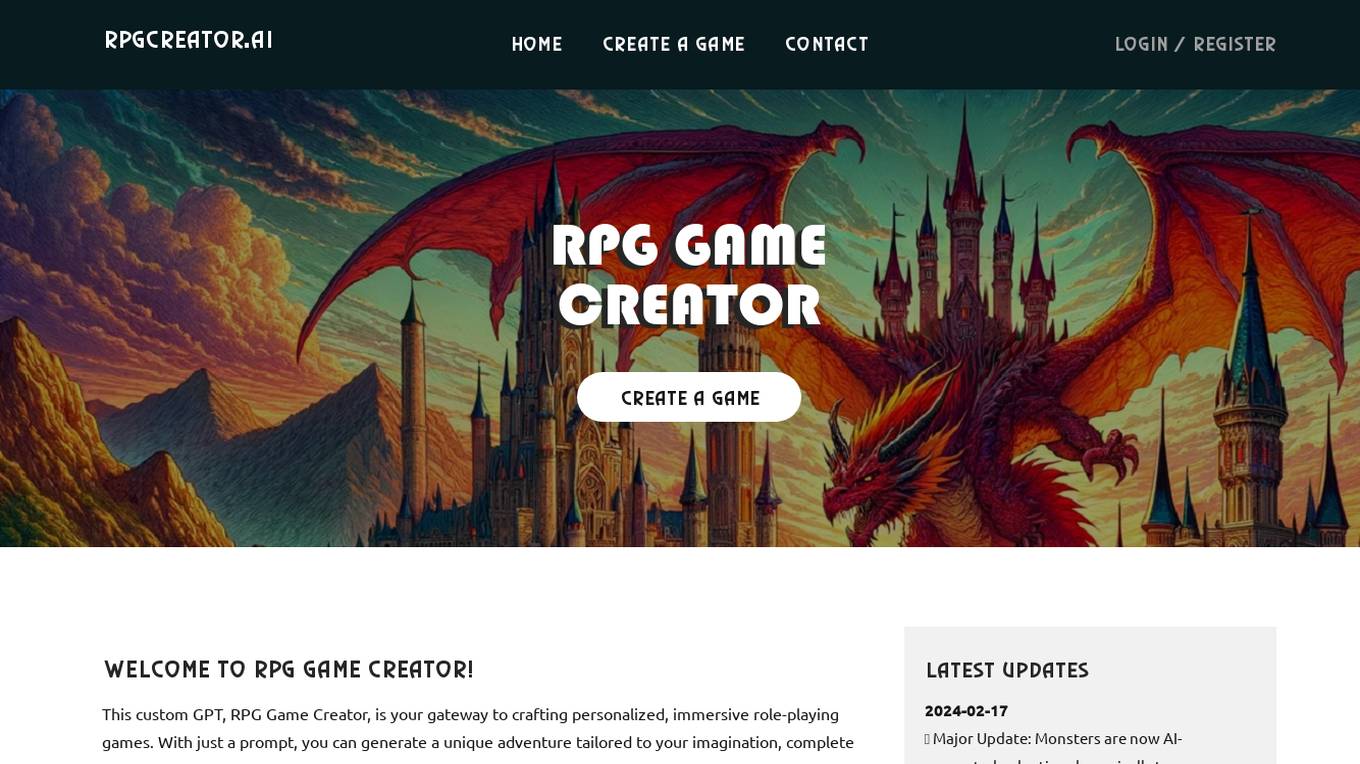
RPGCreator.ai
RPGCreator.ai is a custom GPT, RPG Game Creator that allows users to craft personalized, immersive role-playing games with just a prompt. The platform unleashes creativity by generating unique adventures tailored to the user's imagination, complete with complex narratives, intriguing characters, and vast, explorable worlds. With cutting-edge AI technology, RPGCreator.ai enhances gameplay experiences by adapting to user decisions and keeping them immersed in the world they've created. The platform also offers 8-bit style game design, seamless adventure continuation with save transfer, and compatibility across various devices.

VERSA
VERSA is a text-based adventure game that allows users to choose their own adventure and customize their companion. Users can choose from a variety of settings, including sci-fi, wild-west, horror, drama, war, university, or fantasy. They can also choose a male, female, or non-binary companion to be their friend, romance, or enemy. VERSA is designed to push the limits of what's possible with a 1-gem model, while keeping it as entertaining as possible.
0 - Open Source AI Tools
20 - OpenAI Gpts

Unreal Engine Expert
Advanced guide in UE5 for experts, with a focus on advanced blueprints and optimization
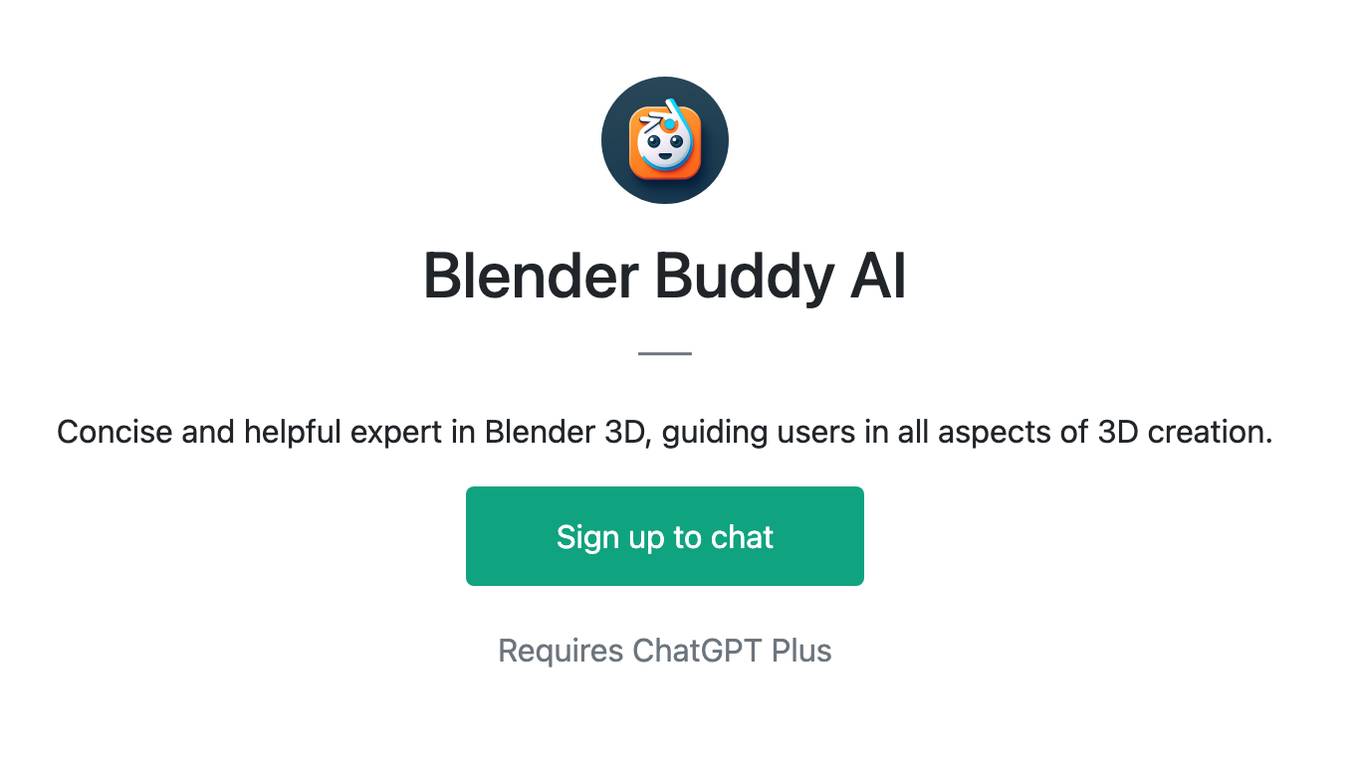
Blender Buddy AI
Concise and helpful expert in Blender 3D, guiding users in all aspects of 3D creation.
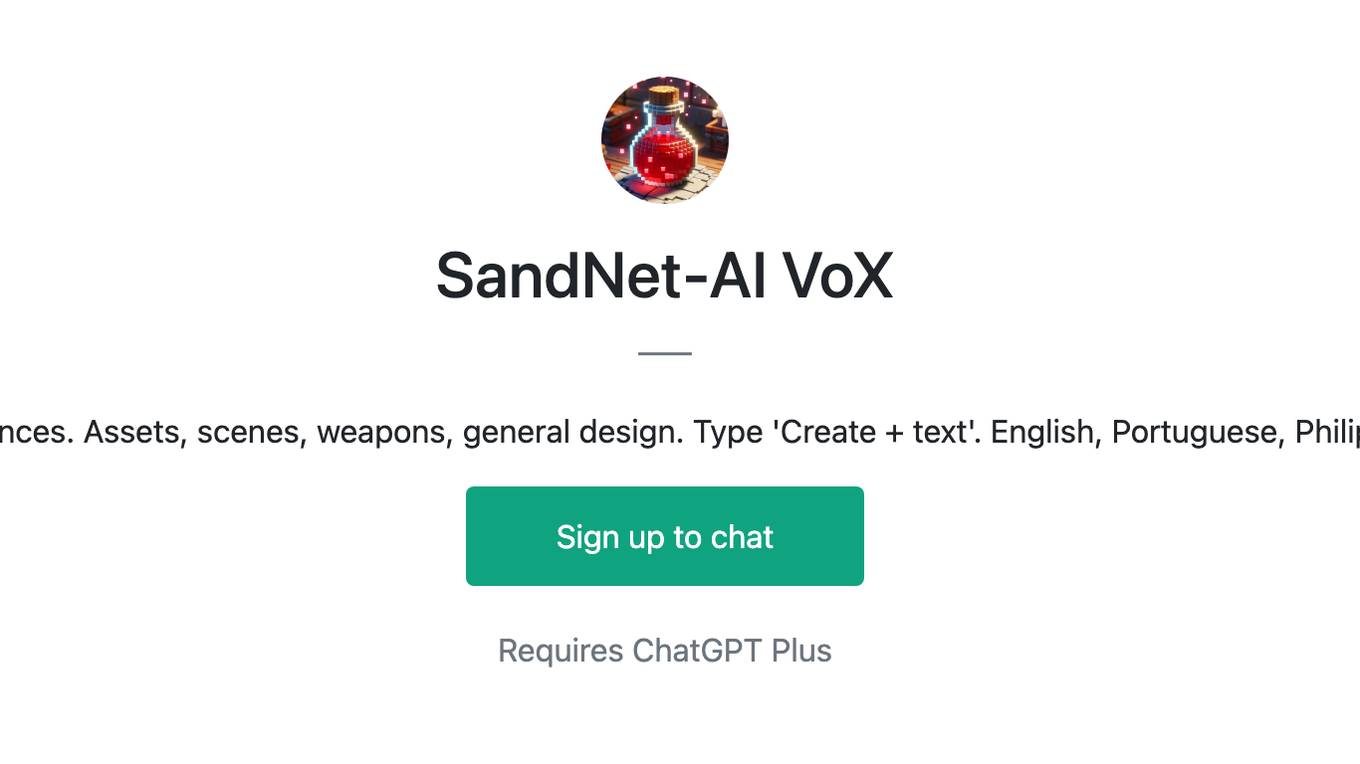
SandNet-AI VoX
Create voxel art references. Assets, scenes, weapons, general design. Type 'Create + text'. English, Portuguese, Philipines,..., +60 others.

Unreal Engine Guide
Expert in Unreal Engine 5, skilled in blueprint logic and problem-solving.
